

The Computer Science and Engineering (CSE) program at Lakhmi Chand Institute of Technology is an integrated academic course that brings together the core principles of Computer Science and Computer Engineering. Established in 2008, the Department of Computer Science and Engineering is one of the earliest and most respected departments in the district. It features a team of highly experienced faculty members with strong industry and research backgrounds, and a committed group of students pursuing both undergraduate and postgraduate degrees. The department also actively participates in off-campus recruitment drives.
Lakhmi Chand Institute of Technology attracts talented students from across central India and has built an impressive track record of placements. Many of our graduates have gone on to study at world-renowned institutions, while others have gained valuable professional experience before charting their next steps. The college is dedicated not only to delivering high-quality education and continuously improving the teaching-learning process but also to supporting the all-round development of its students.
At present, the department is carefully assessing the impact of recent changes to further enhance the efficiency, quality, and excellence of our academic programs. The Department of Computer Science and Engineering continues on a path of strong growth, staying aligned with current technological advancements.
LCIT’s CSE department is fully prepared to meet the evolving challenges of modern education. We play a key role in shaping 21st-century learning by providing students with unique opportunities for both education and research in cutting-edge areas of Computer Engineering and its applications. Our curriculum is designed to offer flexibility, allowing students to specialize in advanced domains. With on-campus facilities that support system design, development, and implementation, students are empowered to explore a wide range of research and internship opportunities.
The Computer Science and Engineering department labs are fully equipped to meet the modern needs of the bachelor and master degree students:
TEACHING PEDAGOGY
Creating adaptable learning environmentTeaching Computer Science and Engineering (CSE) requires a blend of theoretical concepts and practical applications. A well-structured pedagogy enhances students' understanding, problem-solving abilities, and innovation skills. The following are key teaching methodologies used in CSE education:
Traditional Lecture-Based TeachingUsed for foundational concepts, algorithms, and theoretical frameworks.Emphasizes structured knowledge delivery.Incorporates slides, whiteboard explanations, and textbooks.
Active Learning StrategiesFlipped Classroom: Students study theoretical content before class, and in-class time is used for problem-solving and discussions. Think-Pair-Share: Encourages collaborative learning through discussions and peer explanations. Peer Instruction: Students explain concepts to one another to reinforce learning.
Project-Based Learning (PBL)Students work on real-world projects to develop software applications, embedded systems, or AI models. Encourages teamwork, critical thinking, and problem-solving. Examples: Developing web applications, designing IoT solutions, or implementing machine learning models.
Hands-On Programming and Lab SessionsConducted in labs where students practice coding in languages like Python, Java, C++, etc. Uses platforms like CodeChef, LeetCode, and HackerRank for coding exercises. Reinforces algorithms, data structures, and software engineering concepts.
Gamification and Competitive ProgrammingIntroduces coding challenges, hackathons, and online competitions. Enhances algorithmic thinking and debugging skills. Platforms: Codeforces, Kaggle, Google Code Jam, ACM ICPC.
Problem-Based LearningStudents analyze and solve real-world computing problems. Example: Optimizing database performance, developing AI-driven applications, cybersecurity solutions. Enhances research and analytical skills.
Industry-Oriented LearningInternships and Industry Collaborations: Exposing students to real-world applications in companies. Guest Lectures and Seminars: Industry professionals share insights on trends like cloud computing, AI, and blockchain. Capstone Projects: Final-year projects in collaboration with companies.
| Faculty Name | Qualification | Designation | Experience (Years) |
|---|---|---|---|
| MR. VISHNU KANT SONI | BE, M.Tech, PhD (Pursuing) | HOD | 15 |
| MR. SHUBHAM KAUSHIK | B.Tech, M.Tech (Pursuing) | Asst. Professor | 1 |
| MR. AMIT AWASTHI | BE, M.Tech, PhD (Pursuing) | Asst. Professor | 14 |
| MR. NEETESH NEMA | BE, M.Tech, PhD (Pursuing) | Asst. Professor | 14 |
| MISS. PRIYANKA RAJAK | BE, MBA, PhD (Pursuing) | Asst. Professor | 2 |
| MR. ANVESH PANDEY | B.Tech, M.Tech (Pursuing) | Asst. Professor | 1 |
| MR. VAIBHAV AWASTHI | B.Tech, M.Tech (Pursuing) | Asst. Professor | 2 |
| MISS MUSKAN NAIK | B.Tech, M.Tech | Asst. Professor | 4 |
| MISS ANUYOKSHA SINGH | B.Tech, M.Tech (Pursuing) | Asst. Professor | 2 |
| Course | Eligibility | Seats | Duration | Department |
|---|---|---|---|---|
| B.Tech (Computer Science and Engineering) | 12th marks: For Gen - 45% (PCM), For category - 40% (PCM), PET/JEE | 120 | 4 Years | Computer Science and Engineering |
| M.Tech (Computer Science and Engineering) | BE/B.Tech with 50%, GATE Exam appeared | 18 | 2 Years | Computer Science and Engineering |
The Department of Computer Science and Engineering envisions becoming a globally recognized hub of excellence in education, research, and innovation. Our goal is to cultivate technically proficient, industry-ready professionals and future leaders who contribute to the advancement of technology for societal and global benefit.
Foster a culture of academic excellence through a strong curriculum, cutting-edge research, and hands-on learning experiences. Develop skilled professionals who are adept at solving real-world challenges using emerging technologies such as Artificial Intelligence, Machine Learning, Cybersecurity, Cloud Computing, and the Internet of Things (IoT). Promote interdisciplinary research and innovation by encouraging collaboration between academia, industry, and research organizations.
The mission of the Department of Computer Science and Engineering is to provide high-quality education, foster innovation, and conduct impactful research to develop skilled professionals capable of addressing global technological challenges. Our mission is to:


The Program Outcomes (POs) define the knowledge, skills, and attitudes that graduates of the Computer Science and Engineering (CSE) program will attain by the time of graduation. These outcomes are aligned with international engineering education standards (such as NBA, ABET, and Washington Accord) and ensure that graduates are well-equipped for professional success.
The Program Specific Outcomes (PSOs) define the specialized skills and competencies that graduates of the Computer Science and Engineering (CSE) program will acquire. These outcomes align with industry requirements and emerging technologies, ensuring that students are well-prepared for their professional careers.
No achievements found for the Computer Science department.
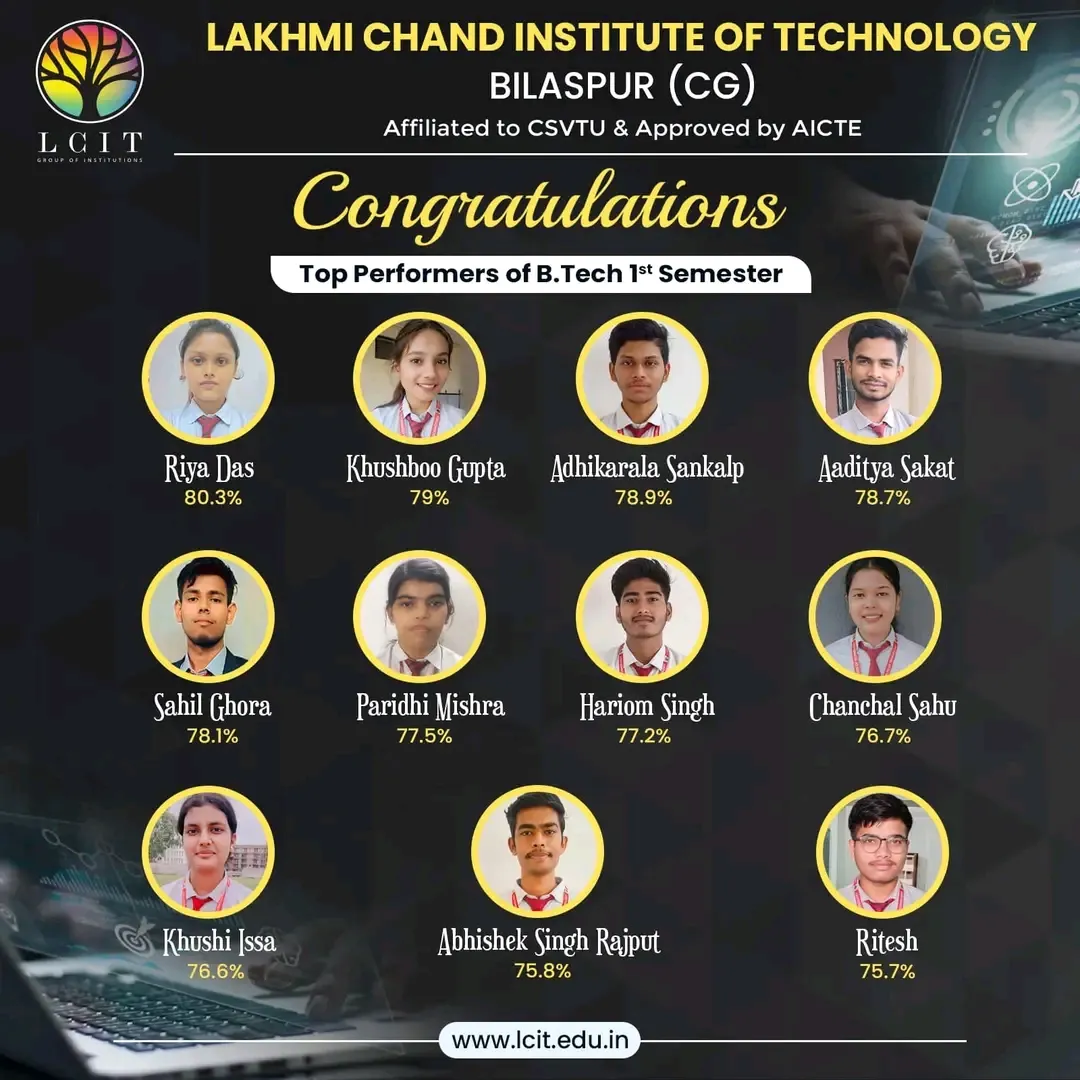



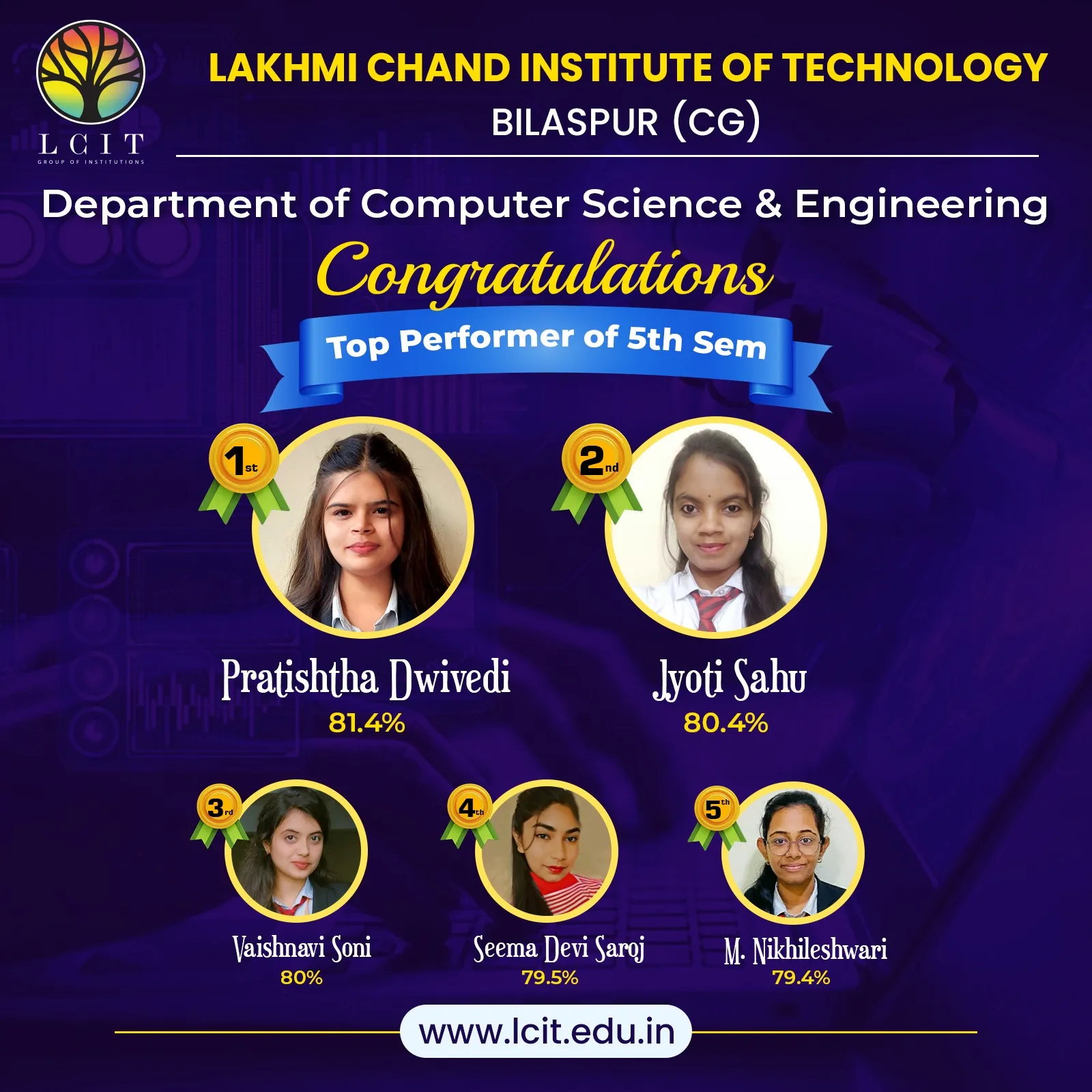
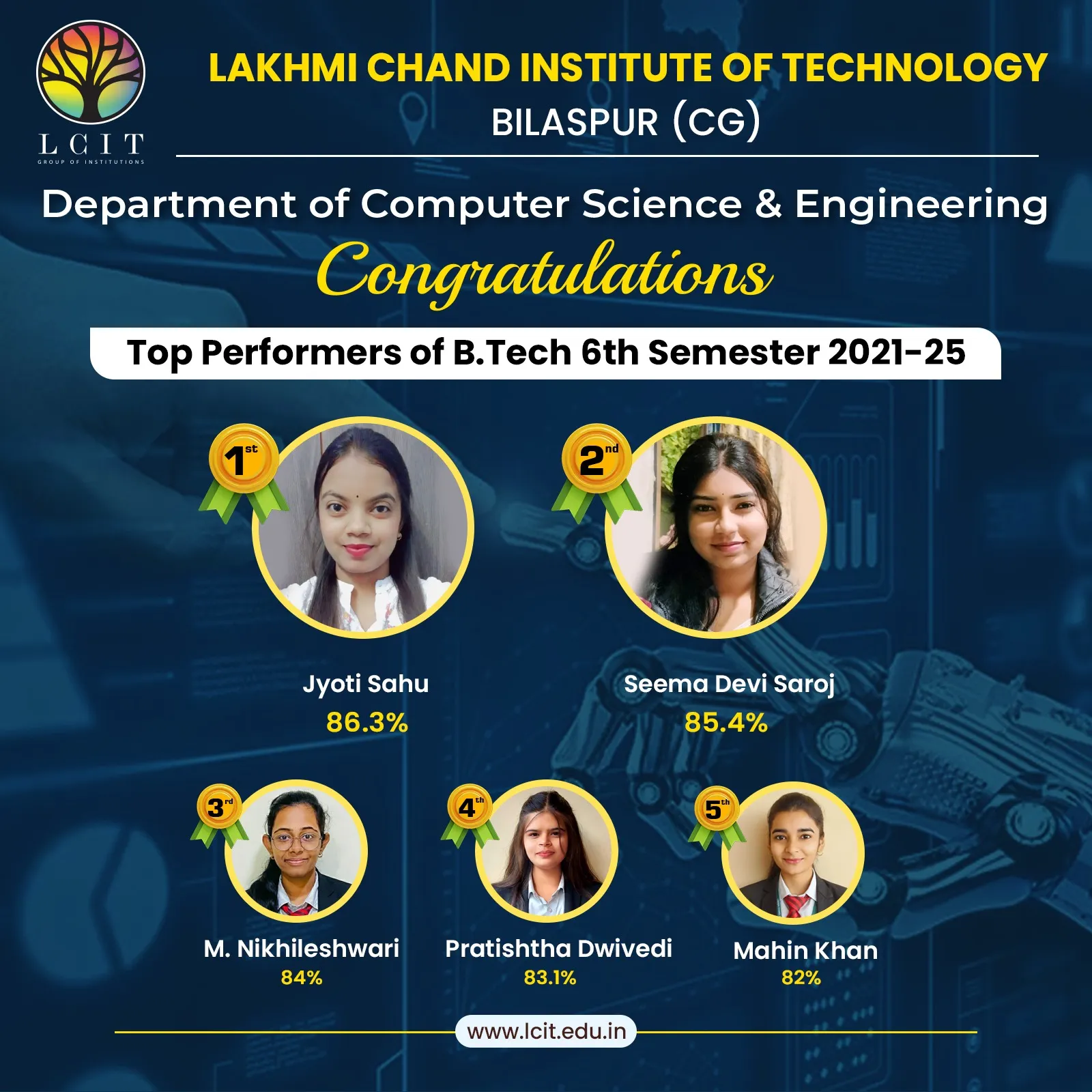

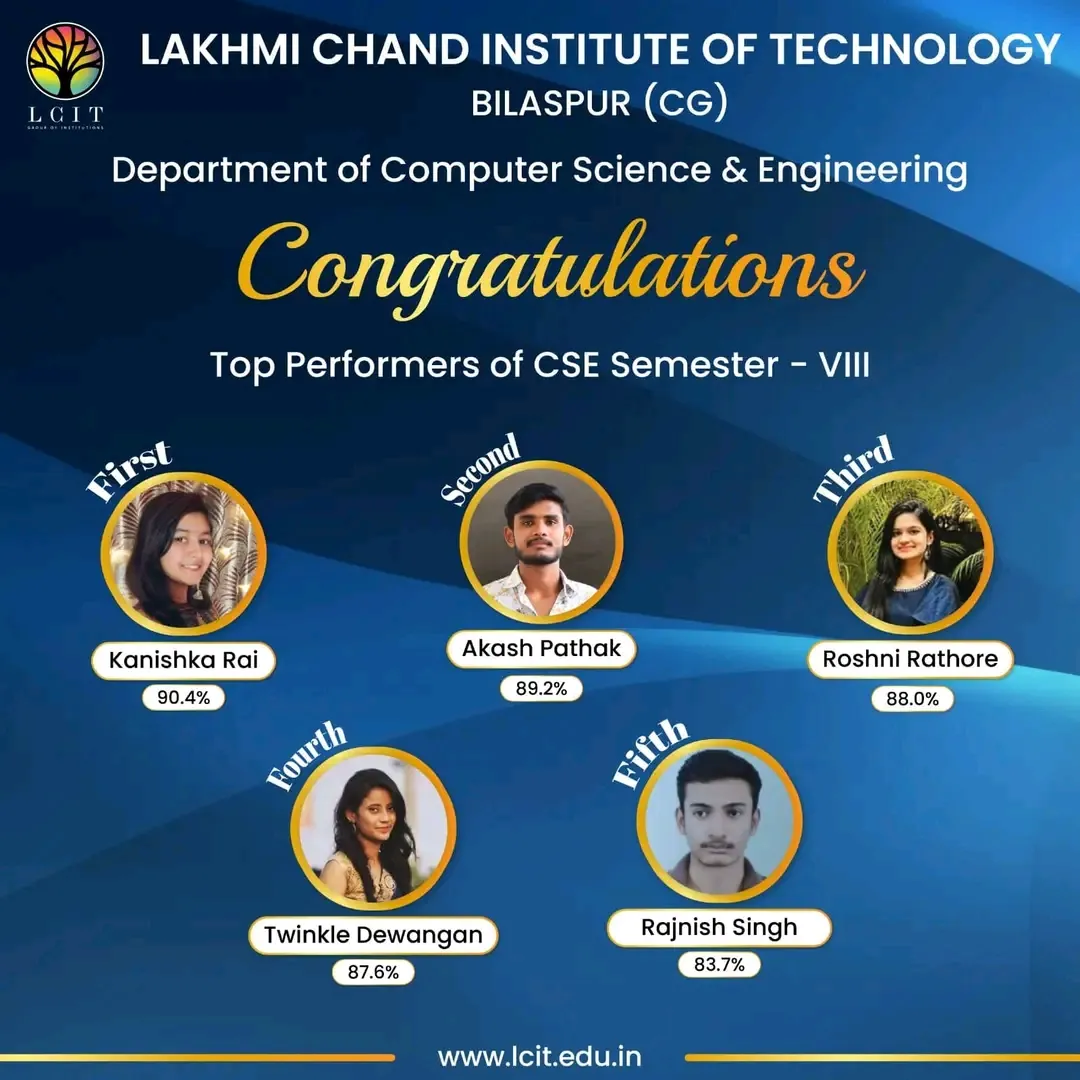






































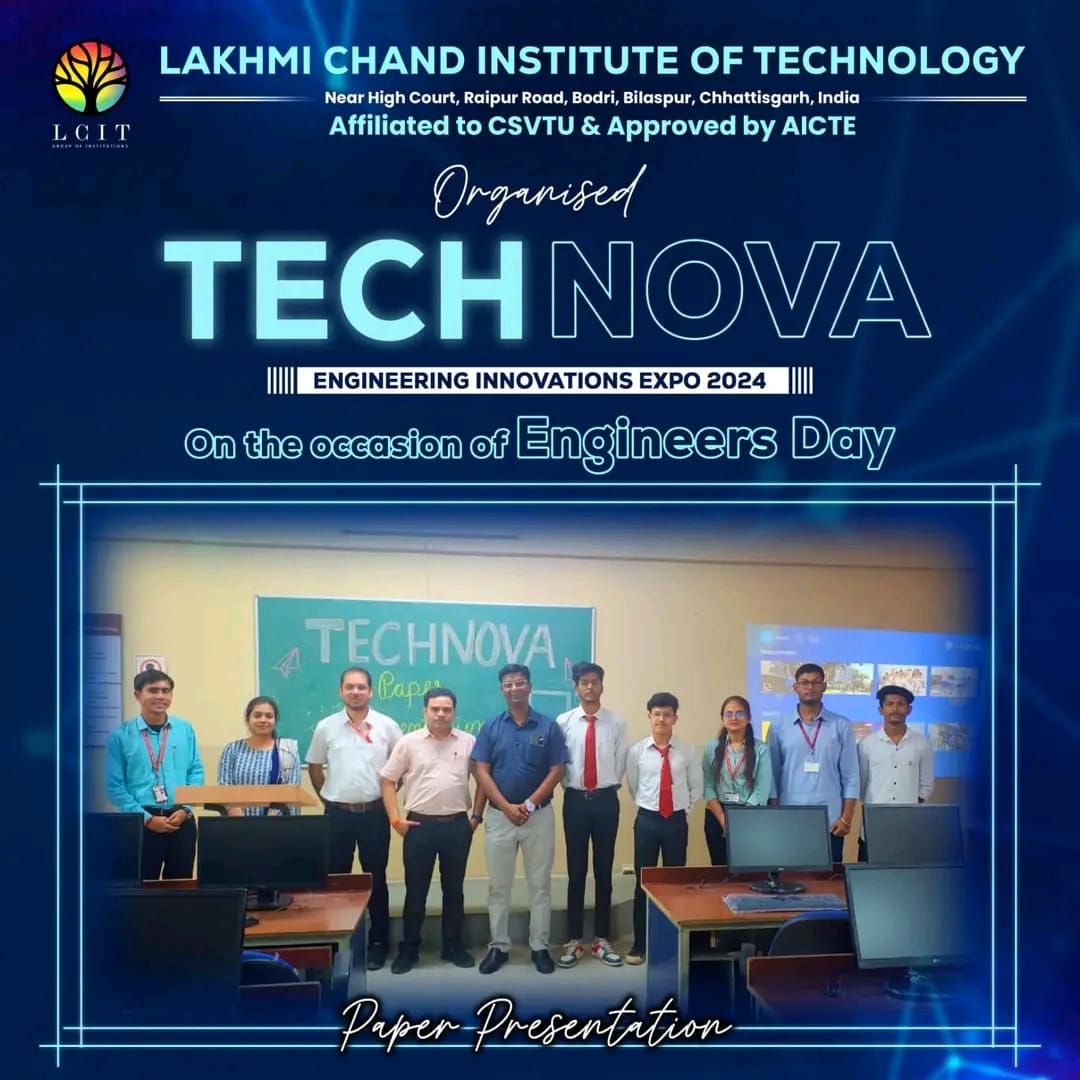








.webp)
.webp)
.webp)
.webp)
.webp)
.webp)
.webp)
.webp)
.webp)
.webp)
.webp)
.webp)
.webp)
.webp)
.webp)
.webp)
.webp)
.webp)
.webp)
.webp)
.webp)
.webp)
.webp)
.webp)
.webp)
.webp)
.webp)
.webp)
.webp)
.webp)
.webp)
.webp)
.webp)
.webp)
.webp)
.webp)
.webp)
.webp)
.webp)
.webp)
.webp)
.webp)
.webp)
.webp)
.webp)
.webp)
.webp)
.webp)
.webp)
.webp)
.webp)
.webp)
.webp)
.webp)
.webp)
.webp)
.webp)
.webp)
.webp)
.webp)
.webp)
.webp)
.webp)
.webp)
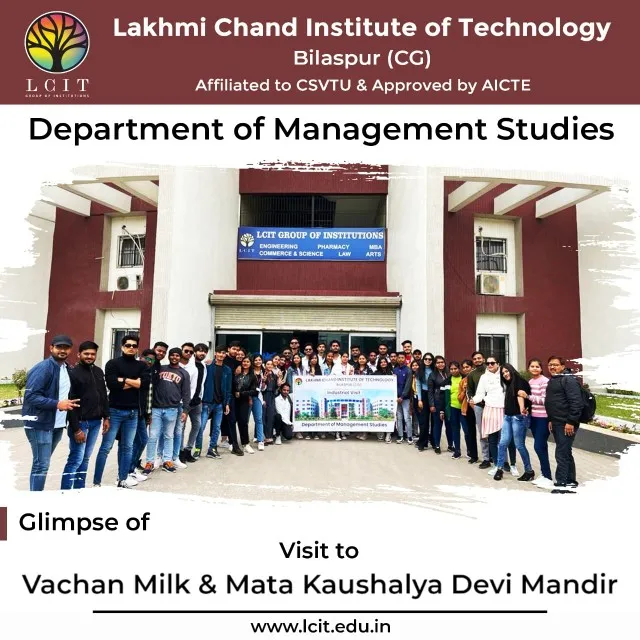
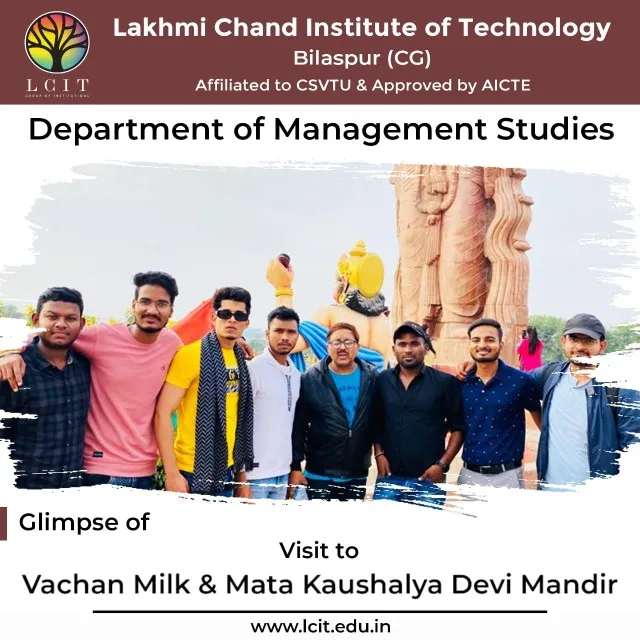
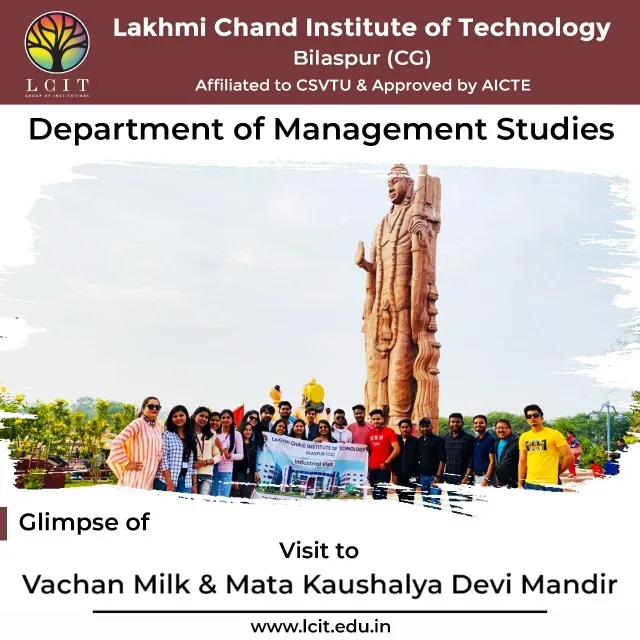
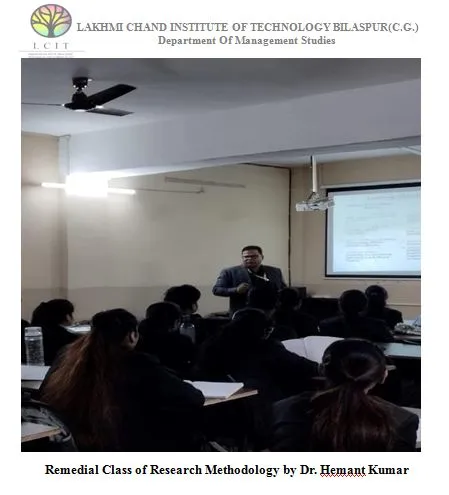
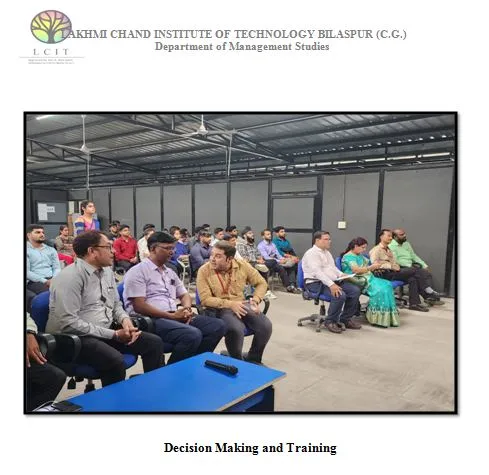
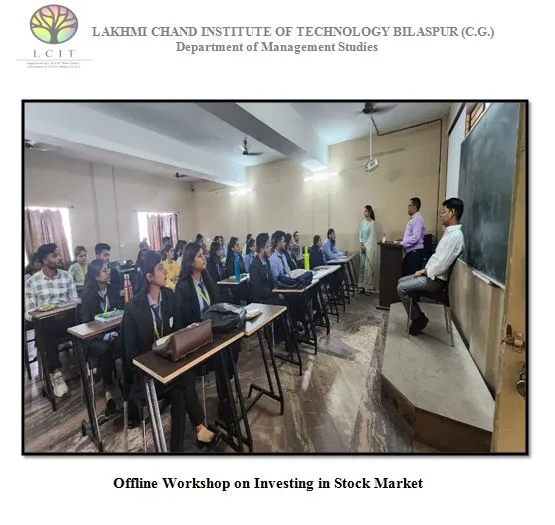
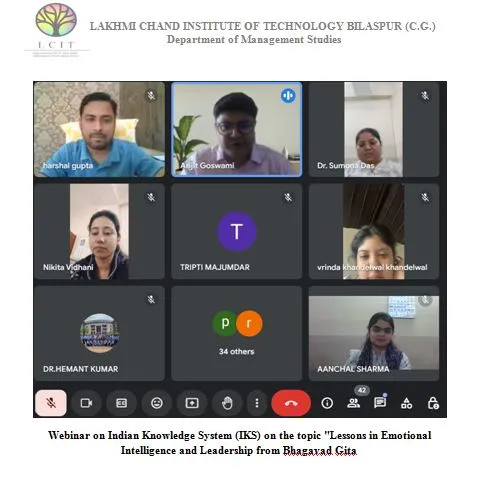
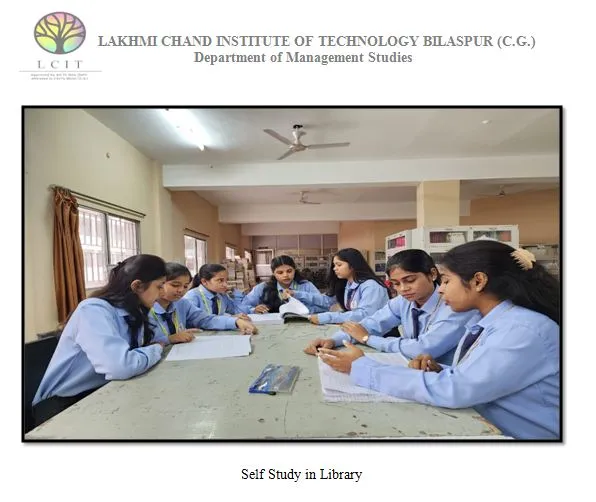
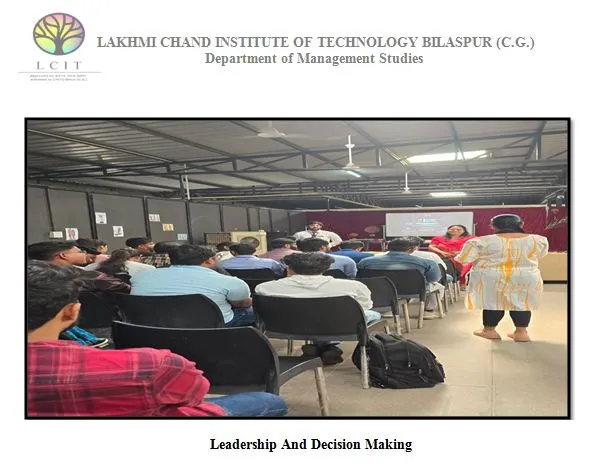
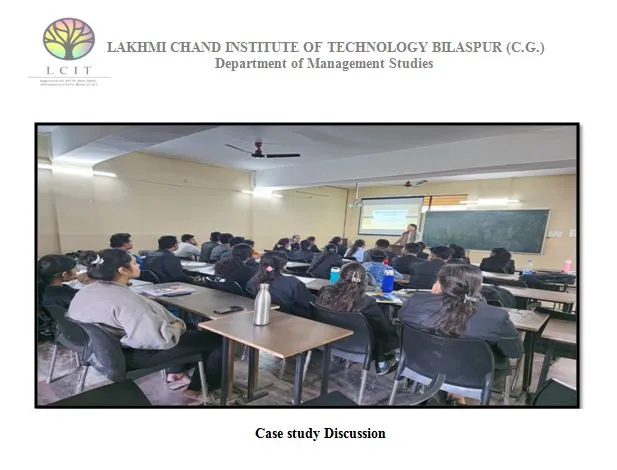
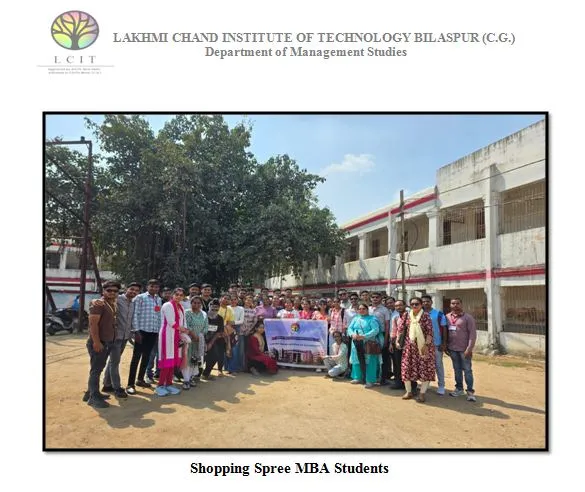
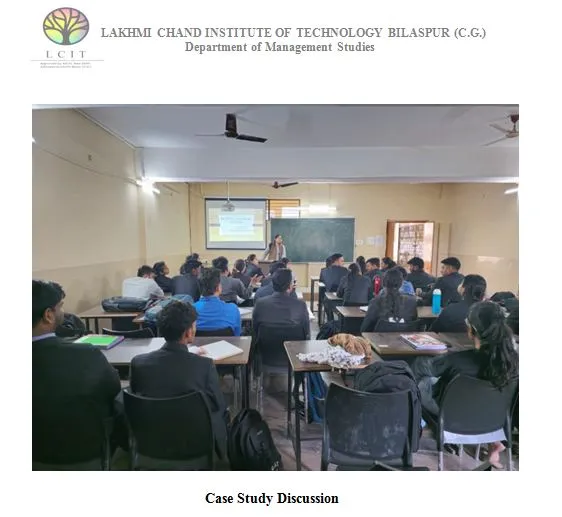
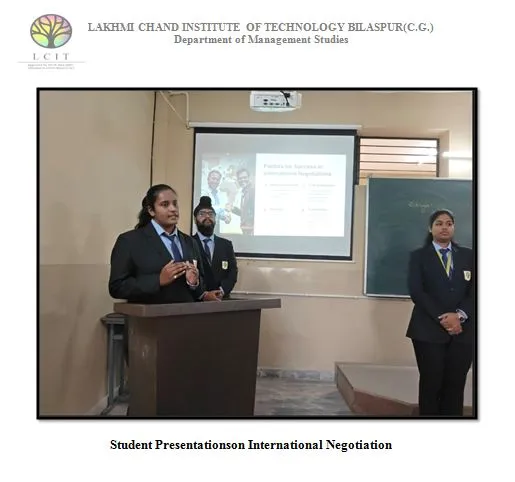
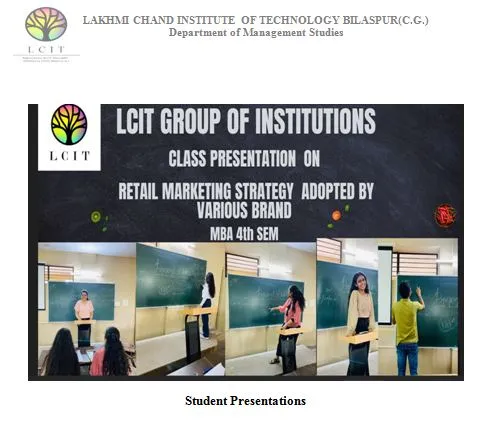


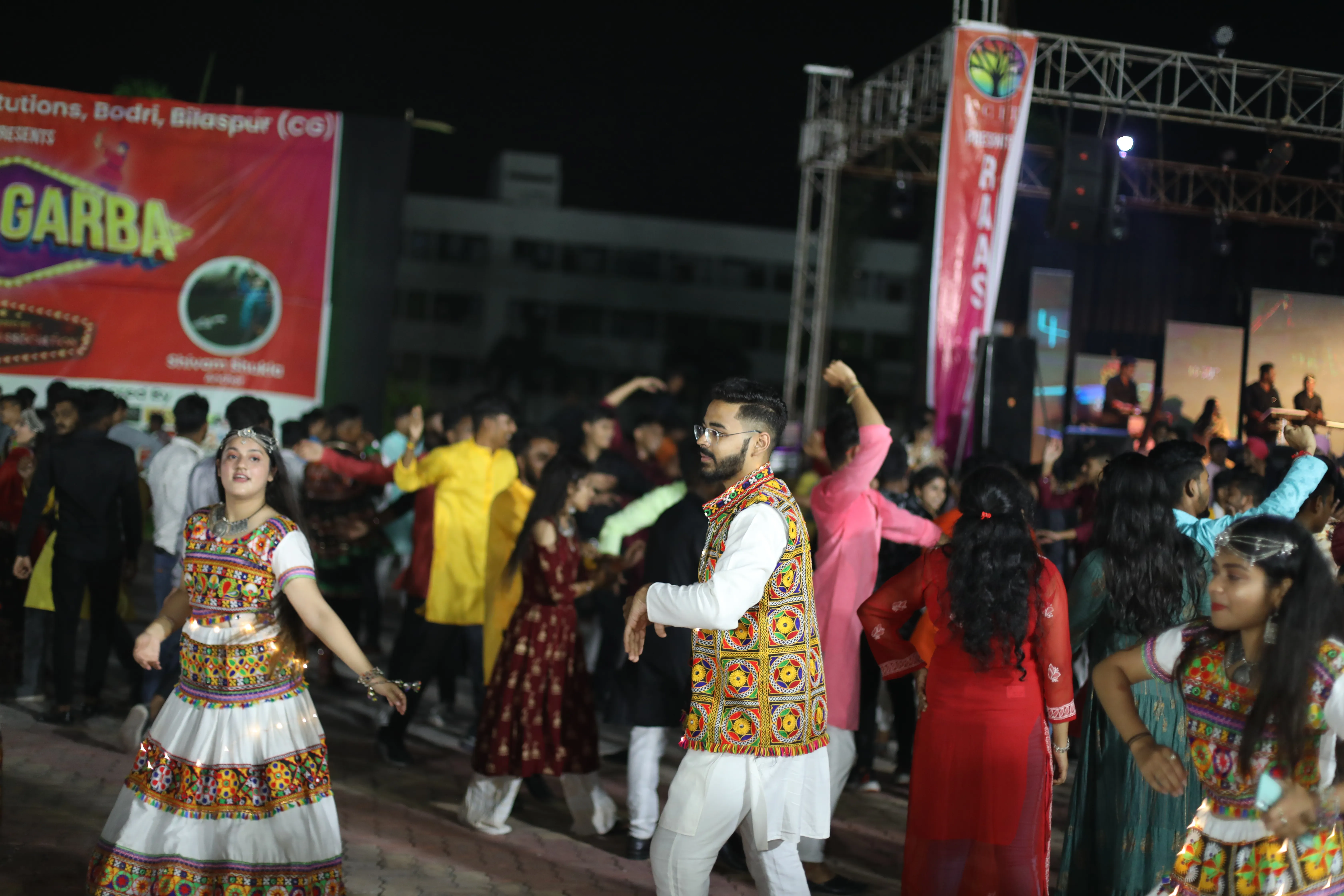

.webp)
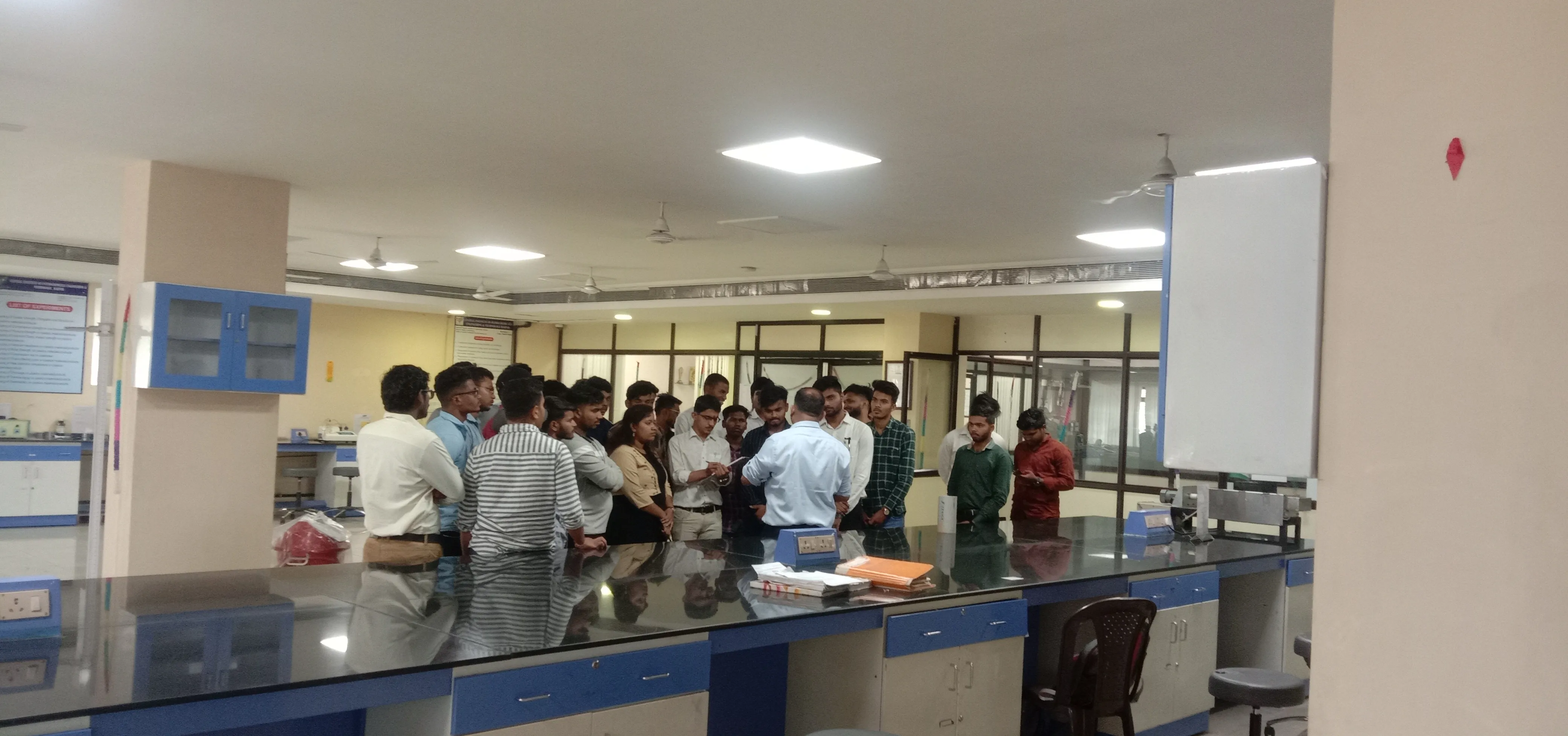
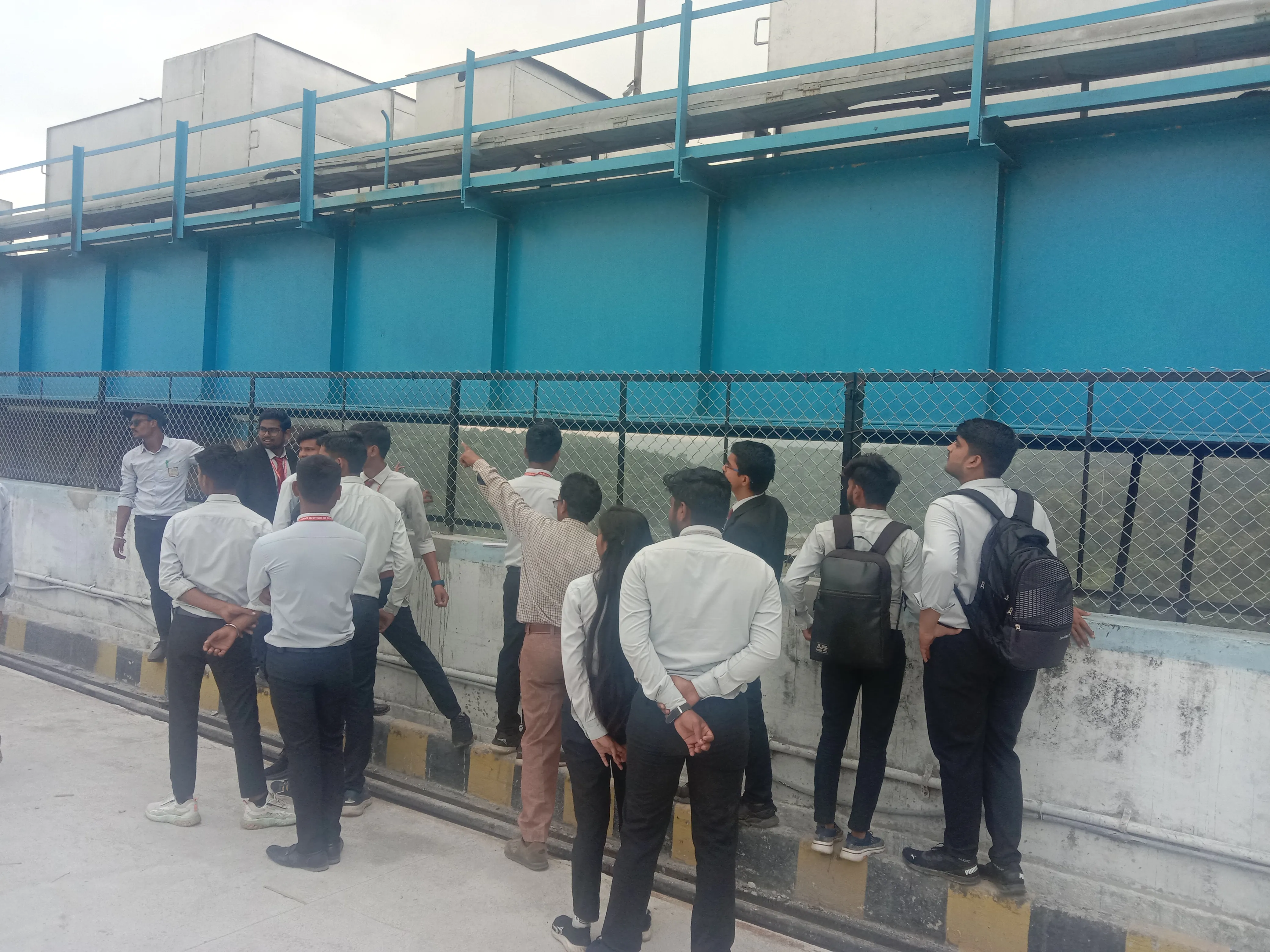
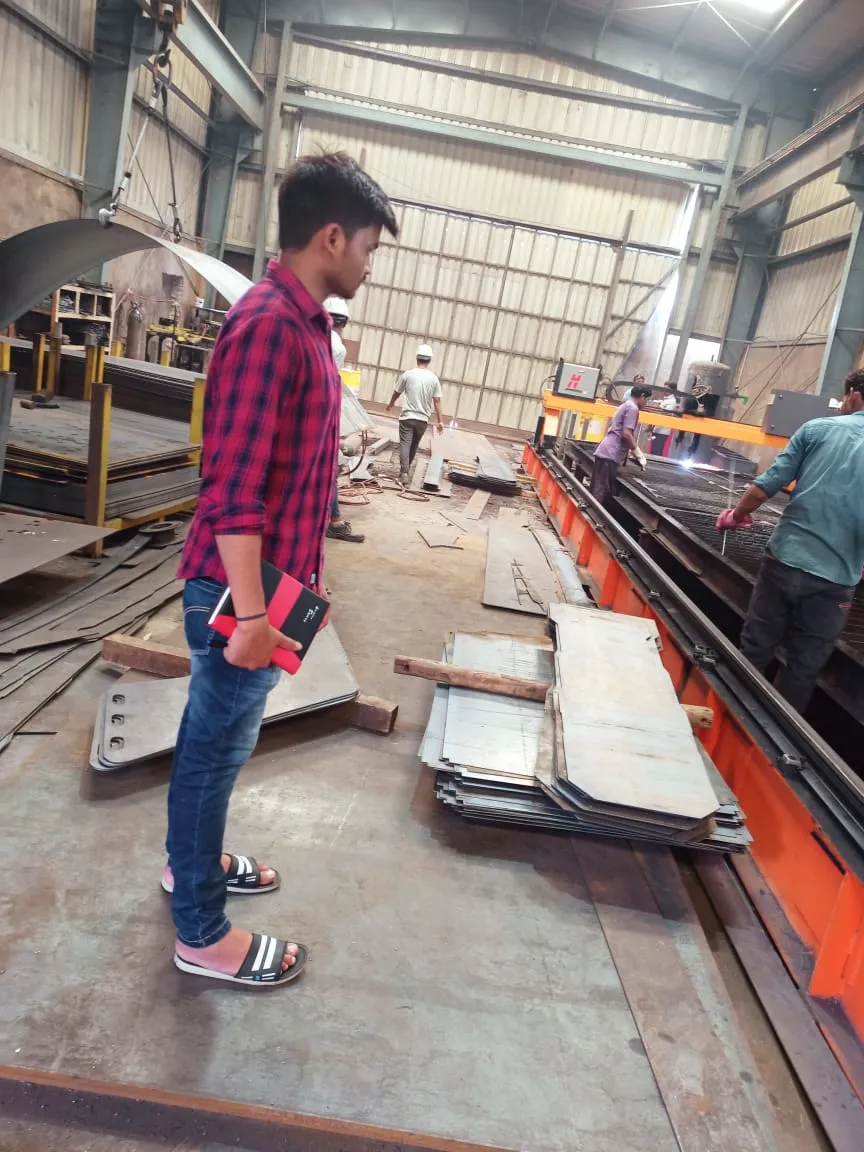
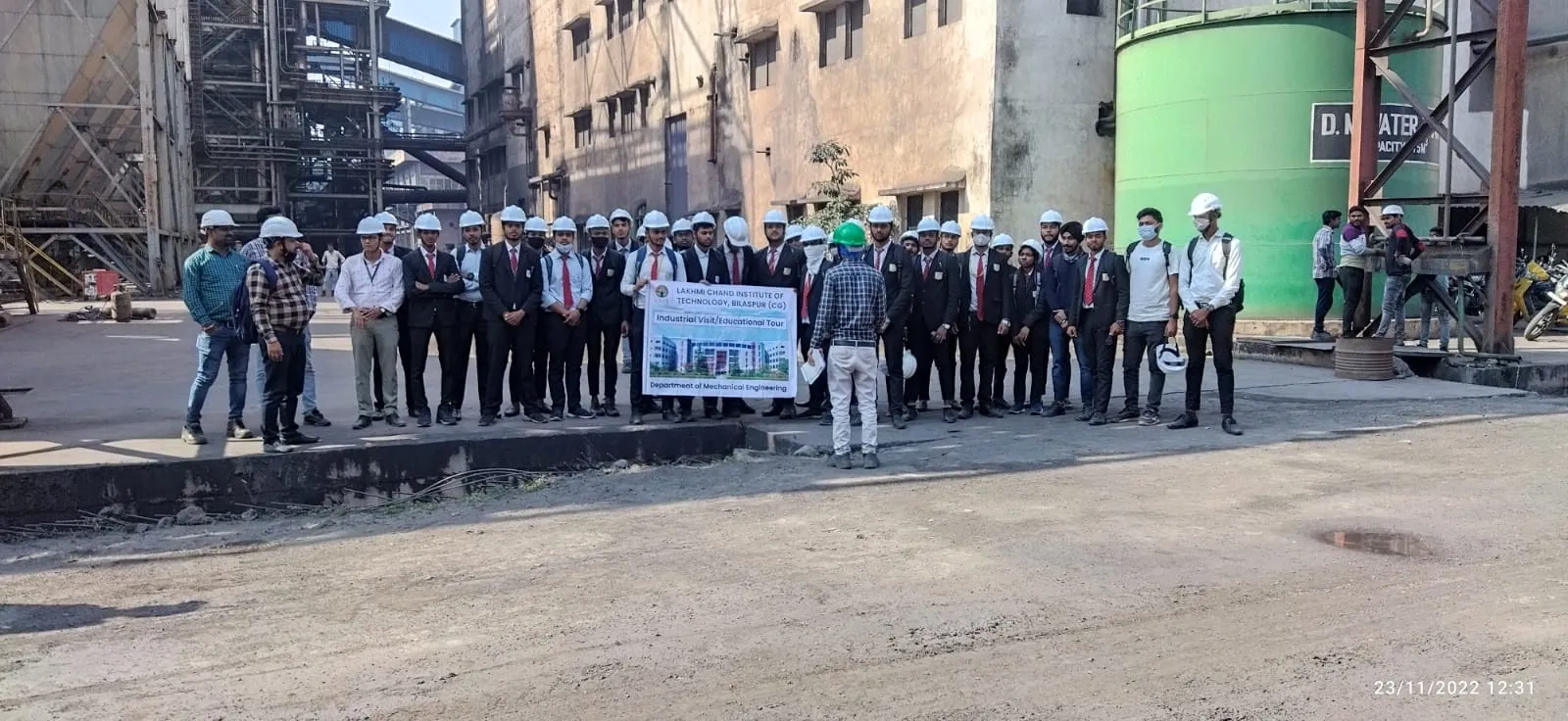
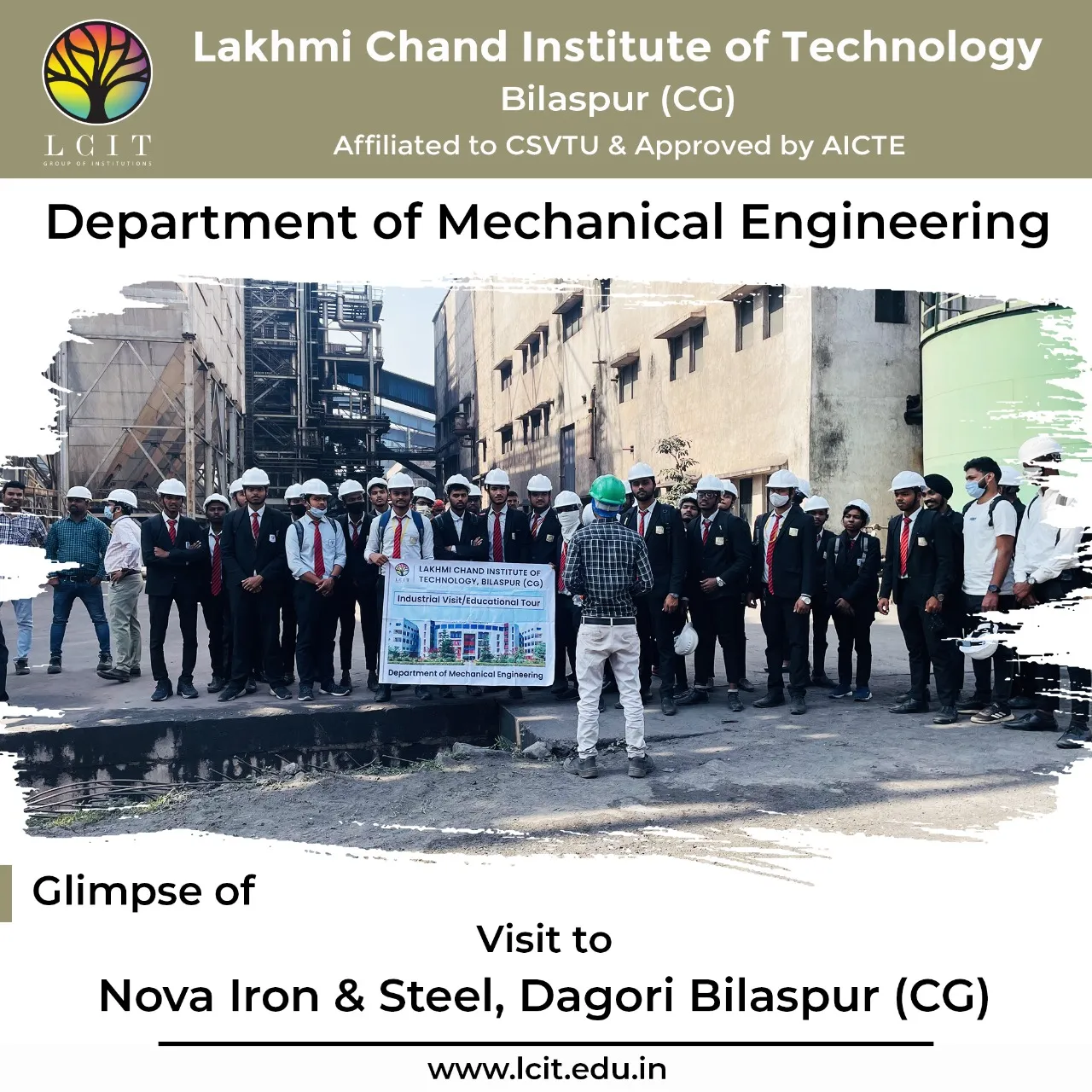
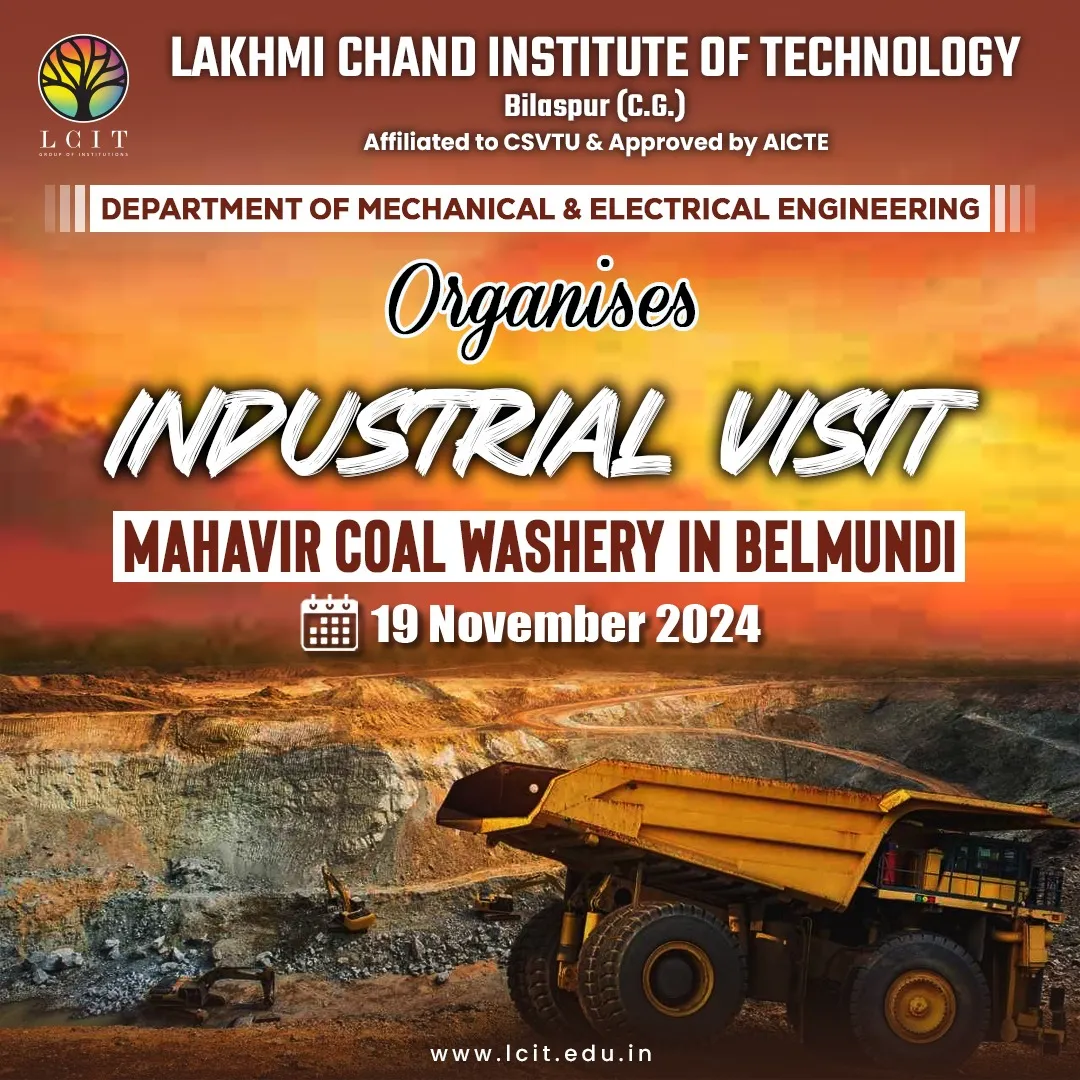
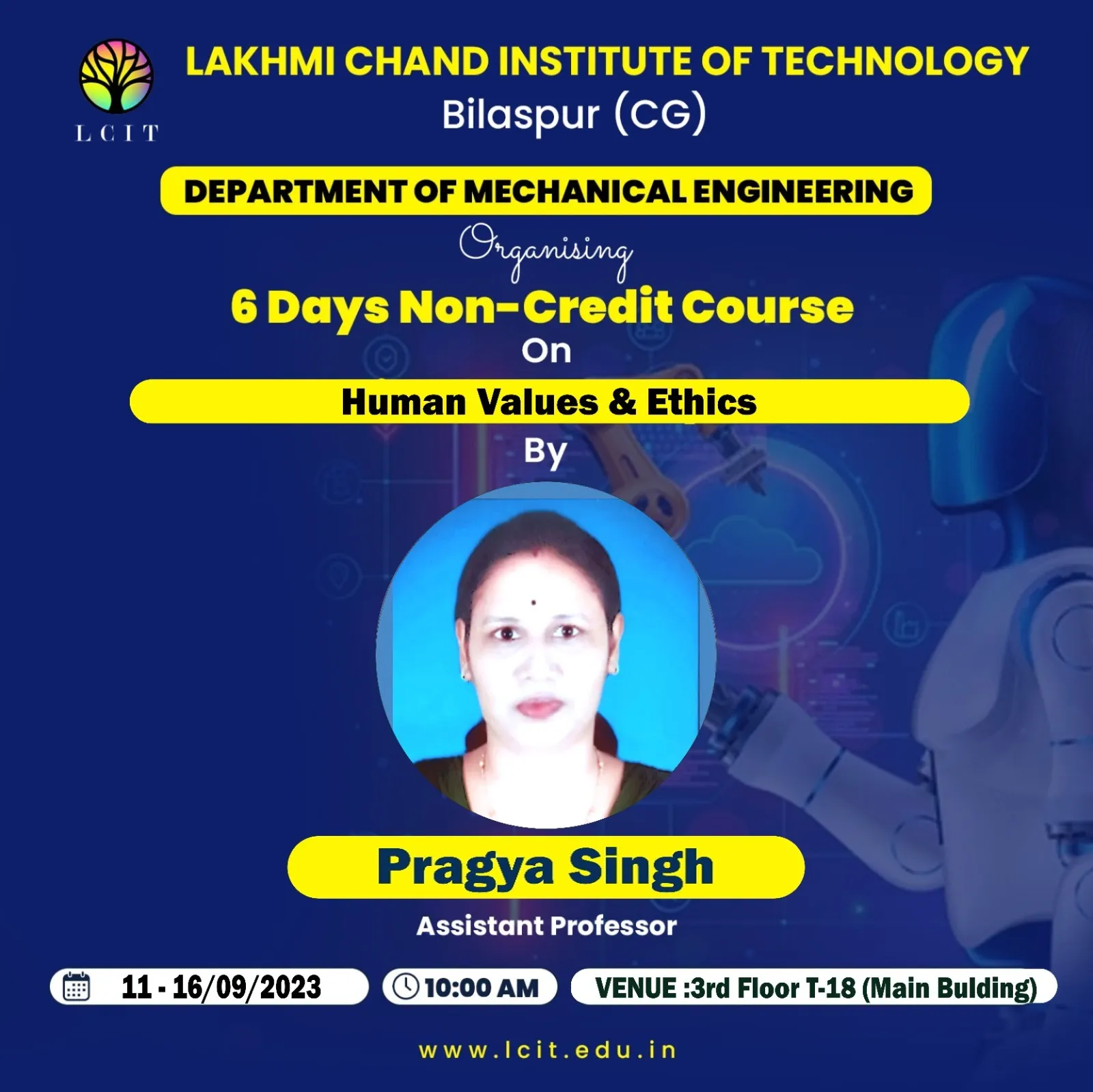
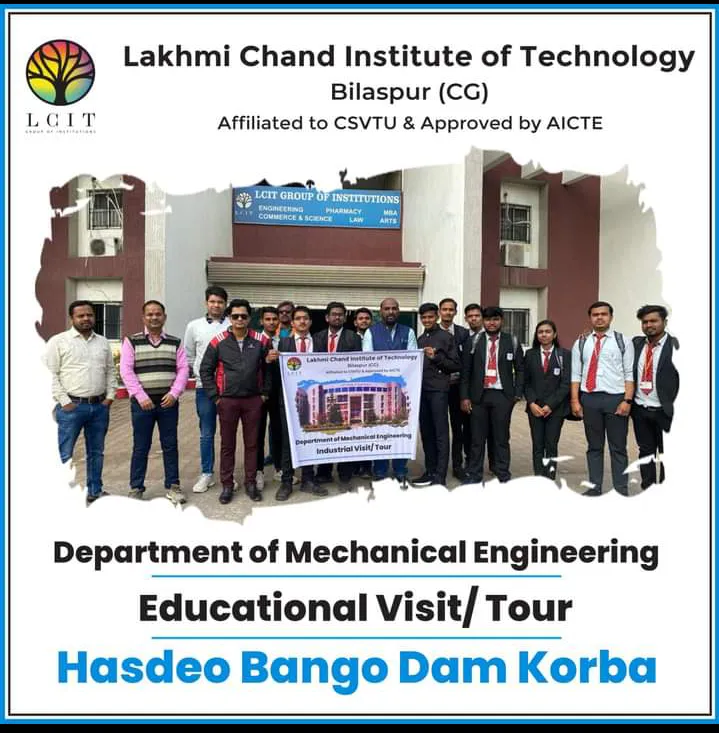
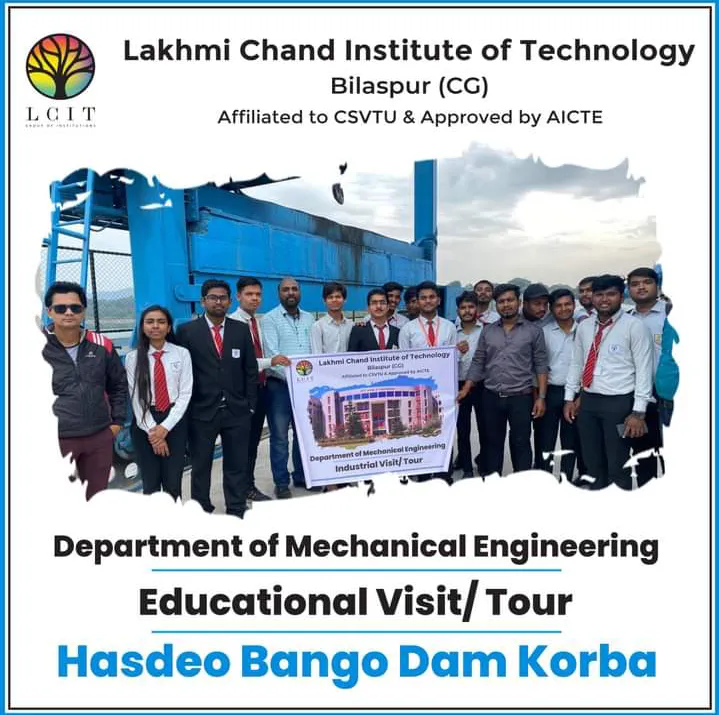
.webp)

.webp)
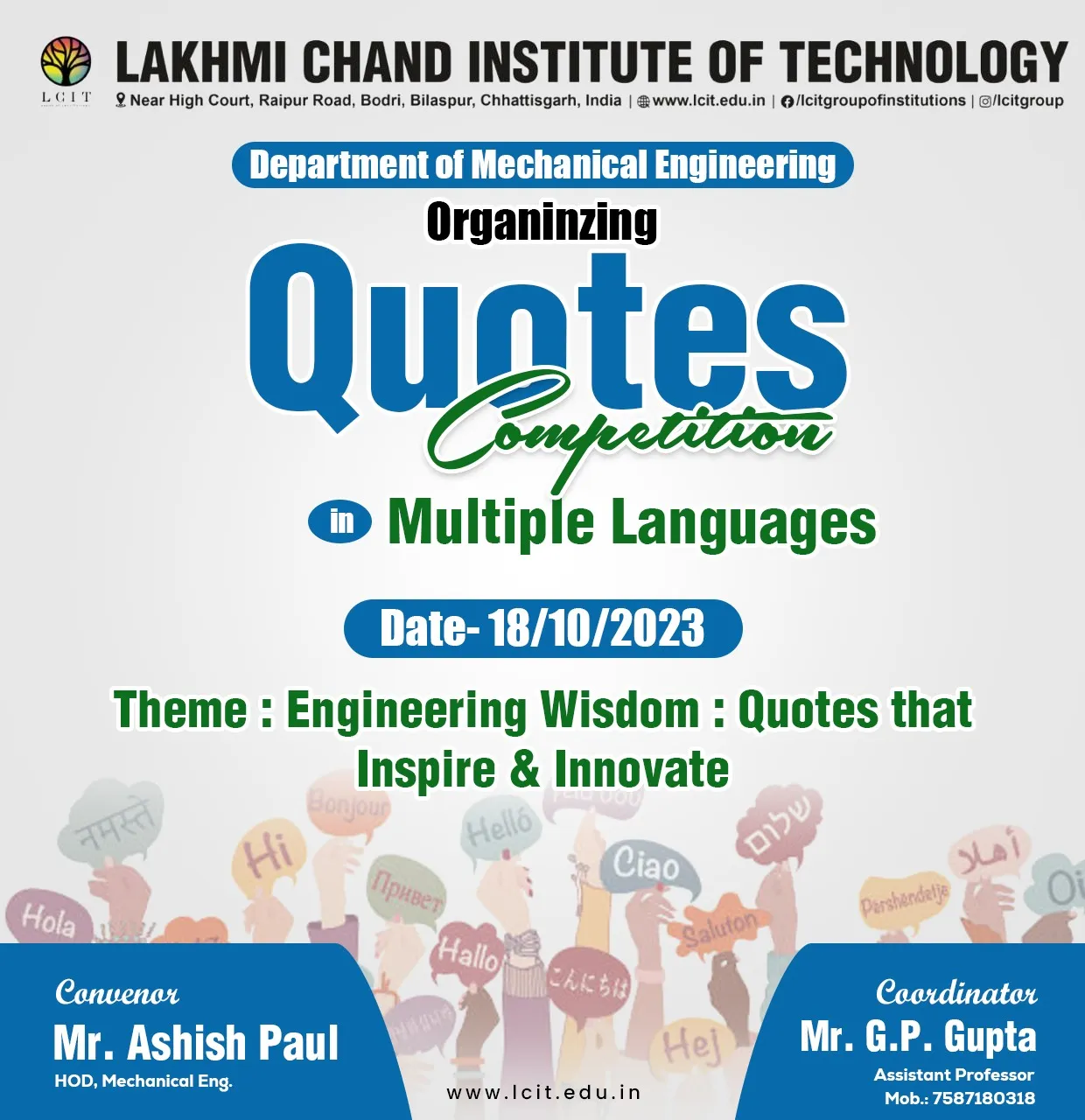
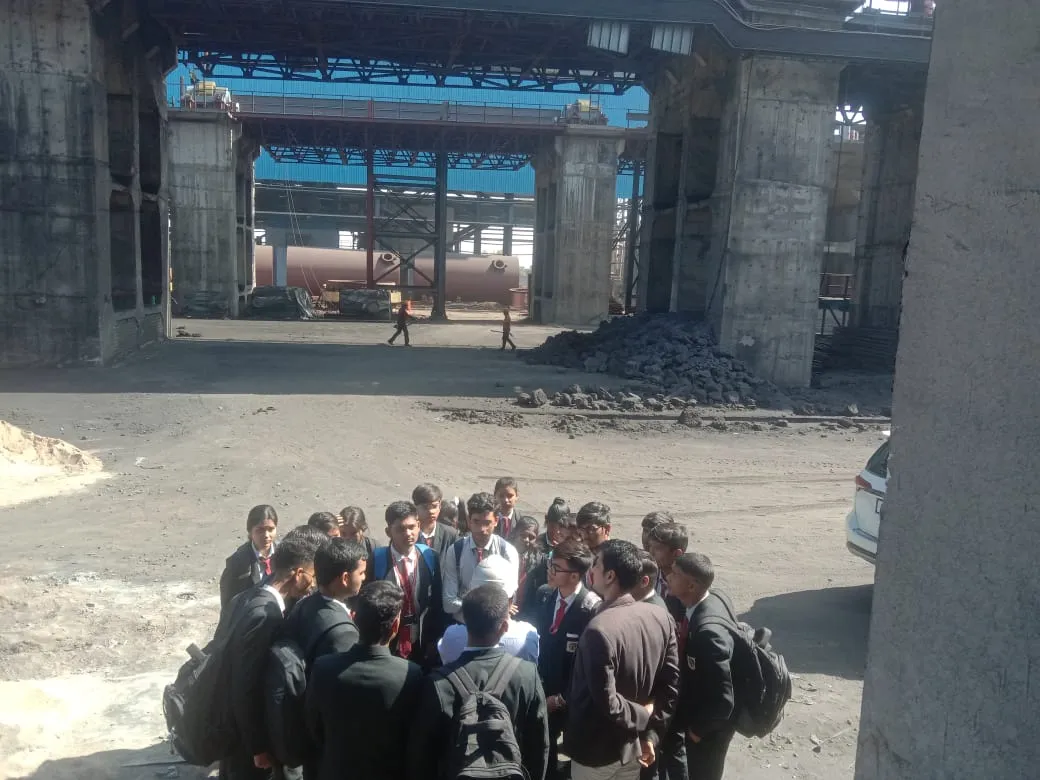
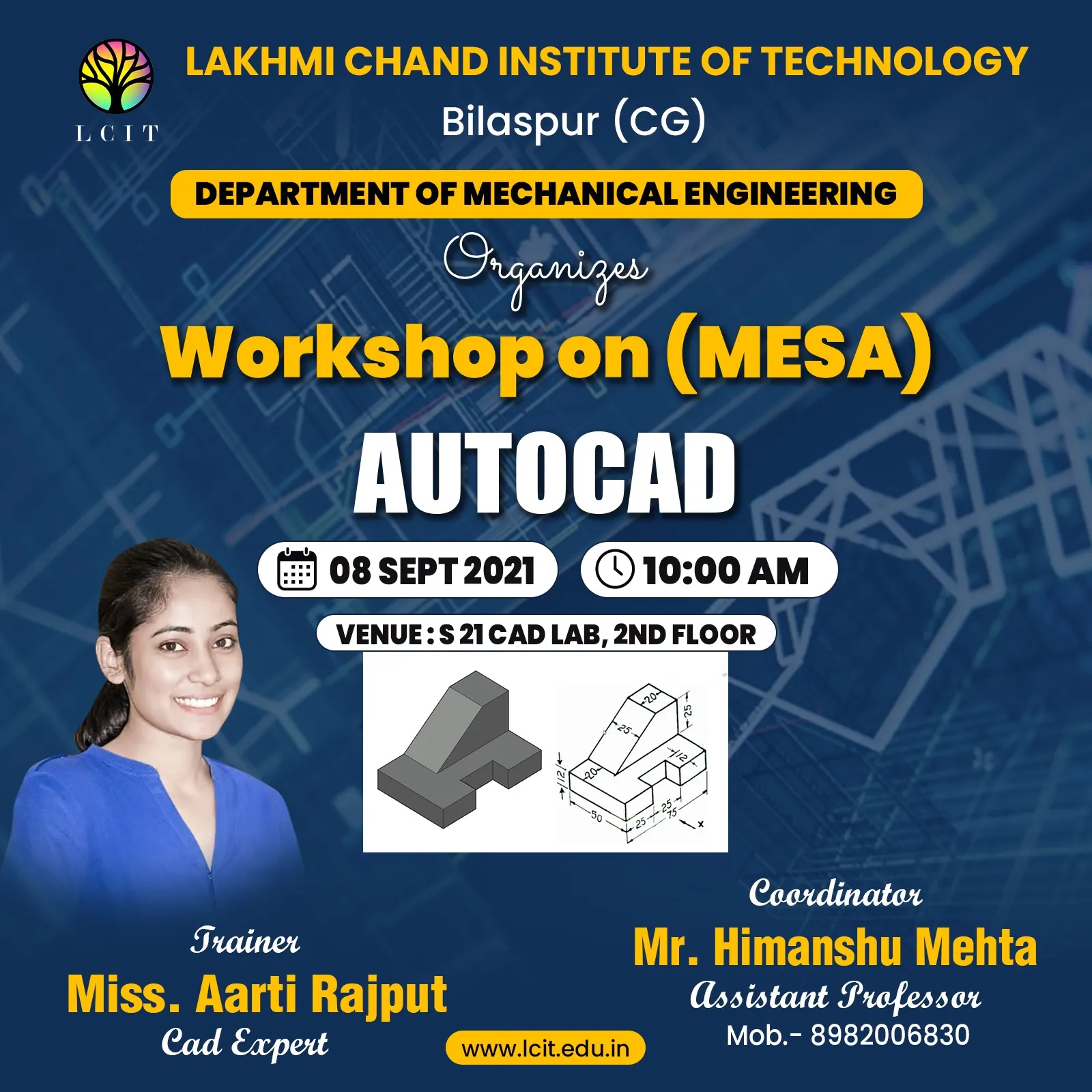
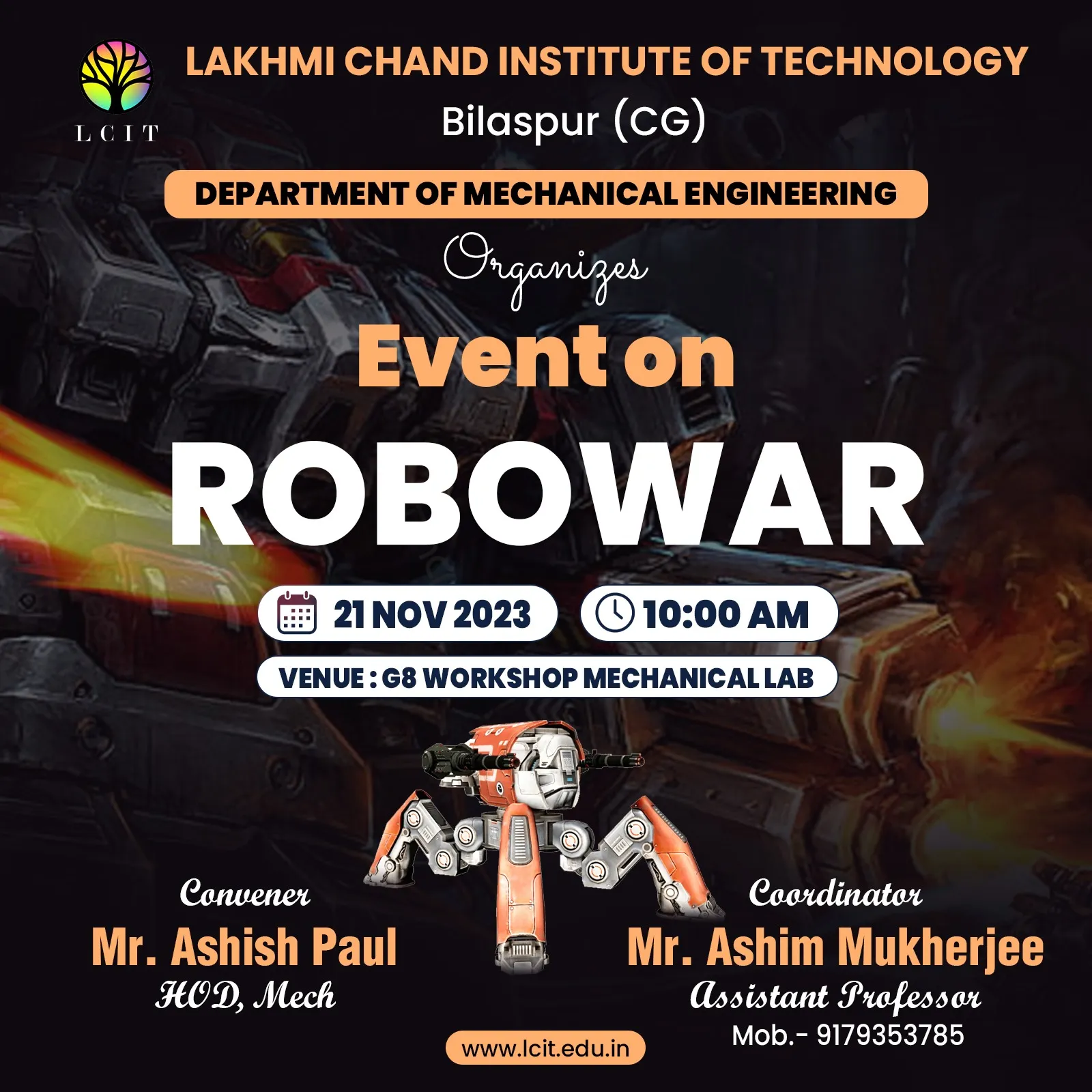
.webp)
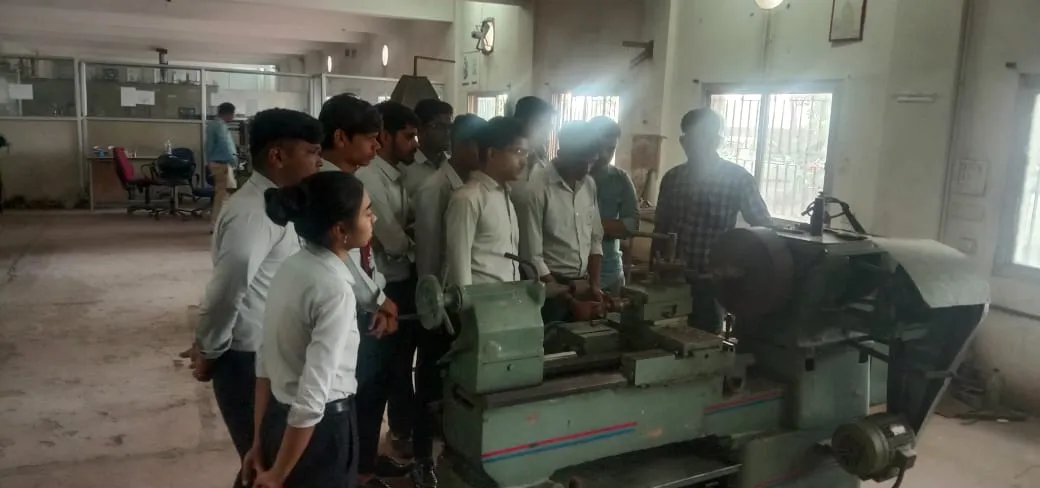
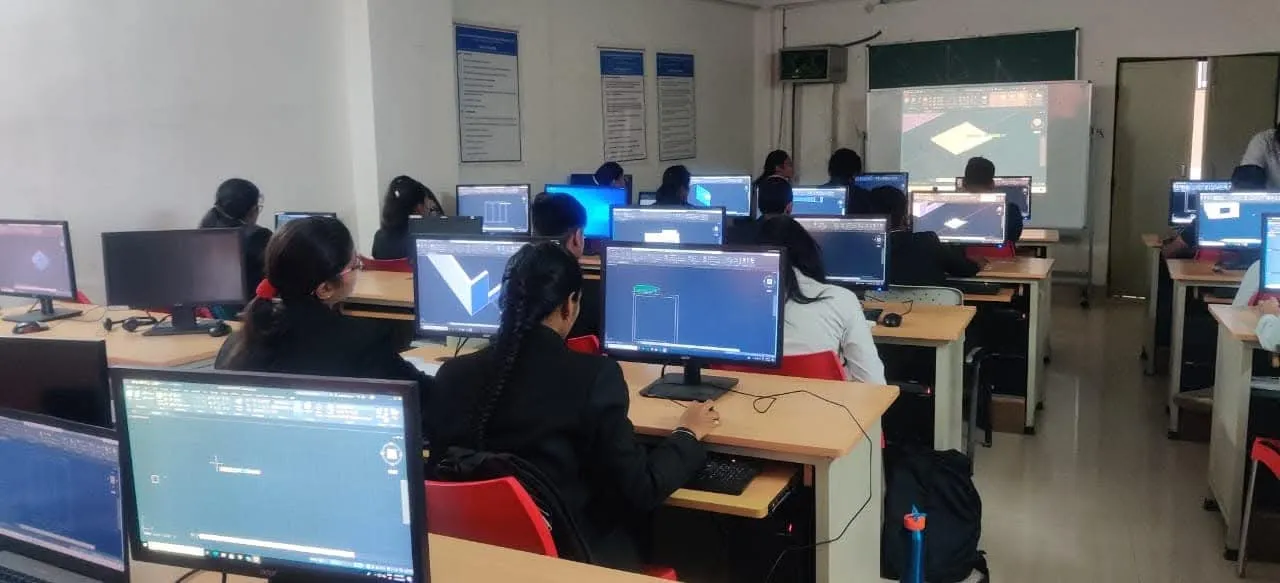
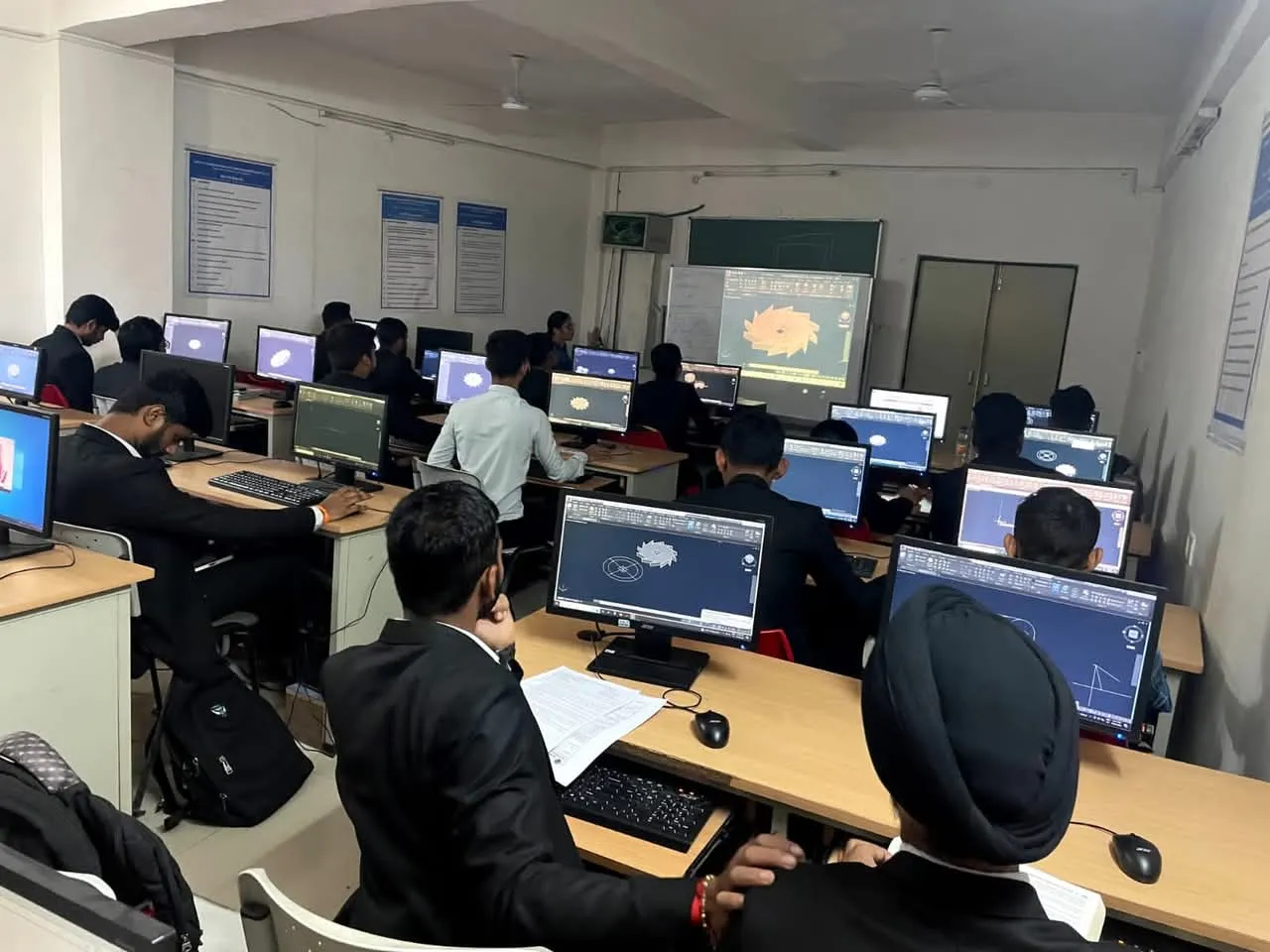
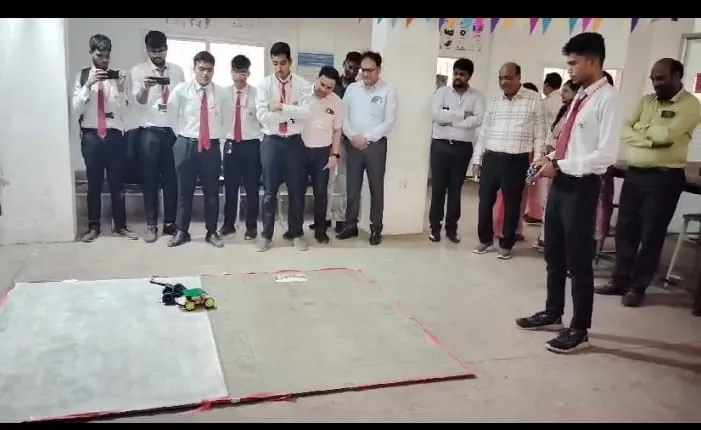
.webp)
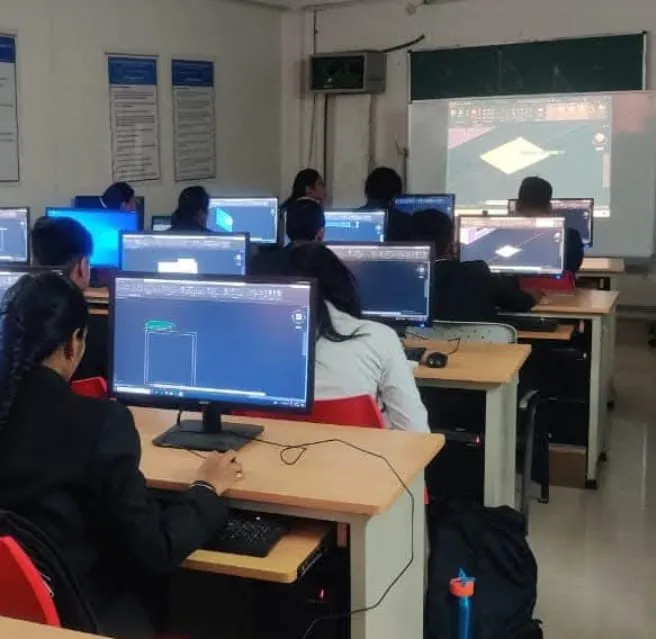
.webp)
.webp)


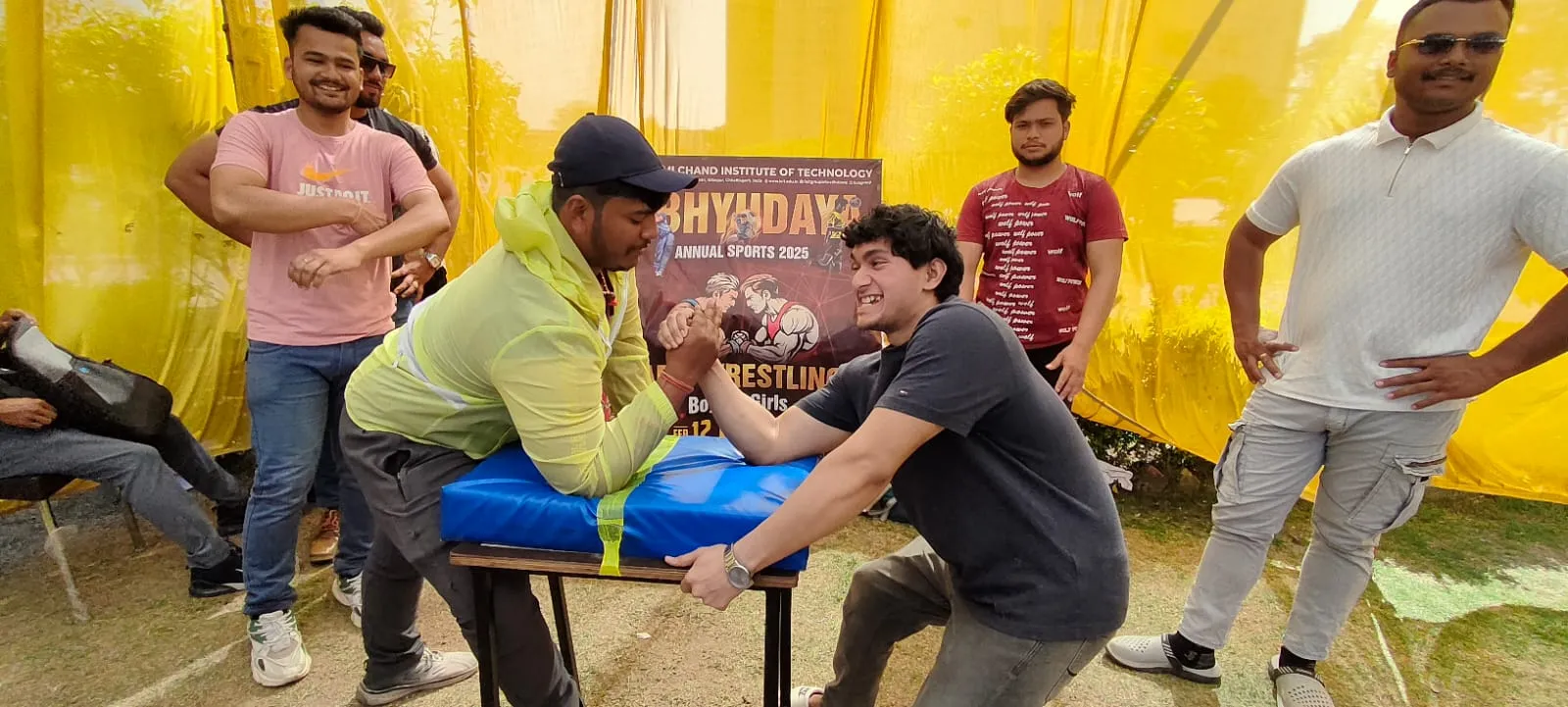
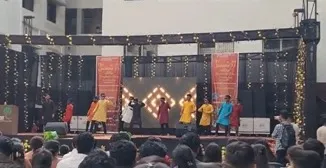
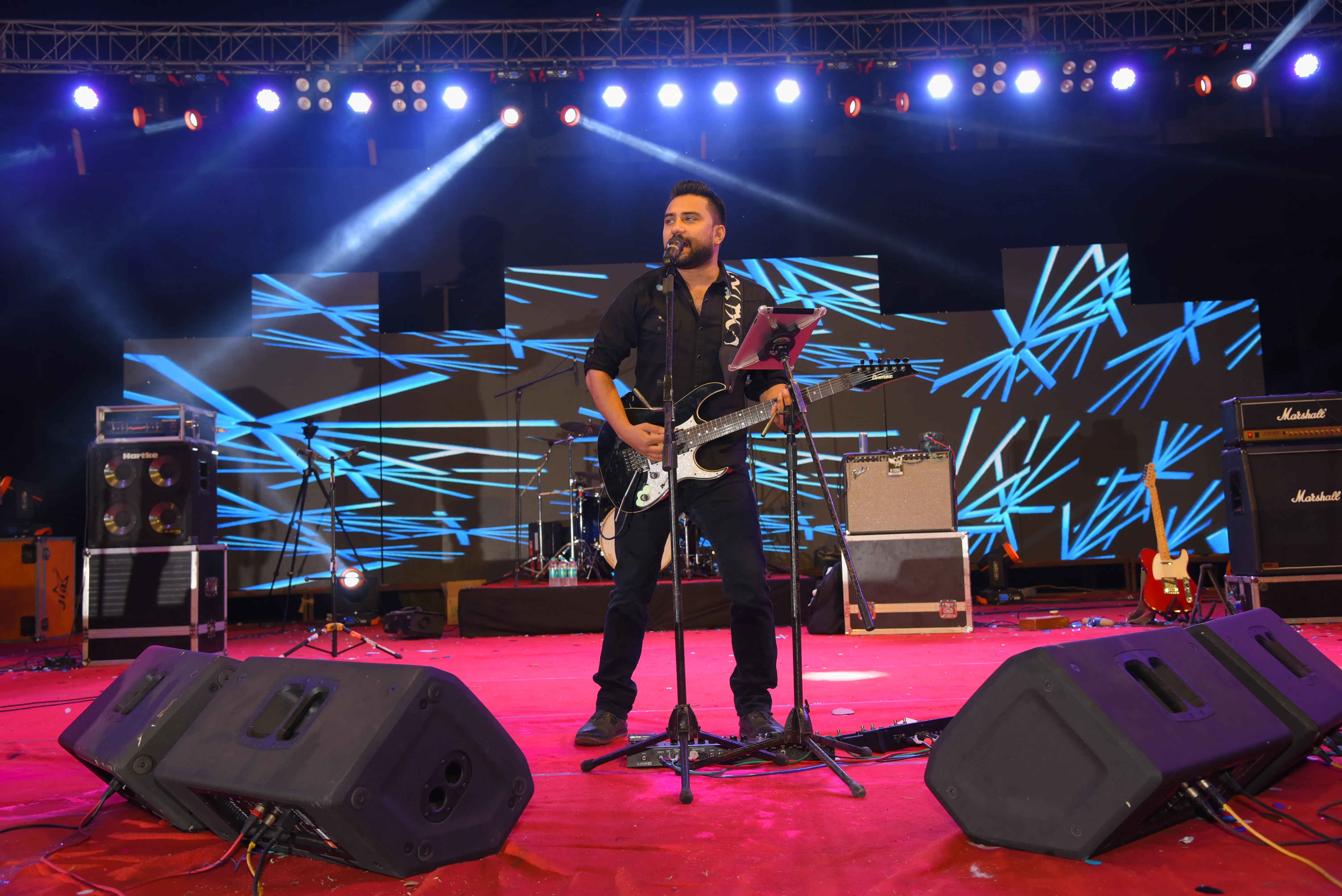
| Paper Title | Author Name | Year | Department |
|---|---|---|---|
| Performance Evaluation of Efficient and Accurate Text Detection and Recognition in Natural Scenes Images Using EAST and OCR Fusion | Vishnukant Soni, Neetesh Nema, Muskan Naik | 2025 | Computer Science |
| Cancer Detection Prediction Using Images and AI | Amit Awasthi | 2024 | Computer Science |
| Hydrosonic TDS Monitoring System | Neetesh Nema | 2024 | Computer Science |
| Hand Gesture Controlled Presentation Using Open CV | Muskan Naik | 2024 | Computer Science |
| A New Approach to Sentiment Extraction Based on Social Network Data Using Machine Learning | Neetesh Nema | 2024 | Computer Science |
| A Review of Text Detection and Recognition Using Machine Learning | Vishnu Kant Soni | 2024 | Computer Science |
| Consumers perception and adoption of electric vehicles in an urban market of Chhattisgarh: a case of Bilaspur district | Priyanka Rajak | 2024 | Computer Science |
| Cancer Detection Prediction Using Images And Artificial Intelligence | Amit Awasthi | 2024 | Computer Science |
| Intelligent Medicine Box For Senior Citizens Using Arduino Uno | Amit Awasthi | 2024 | Computer Science |
| Personal Assistant Software Using Arduino | Vishnu Kant Soni | 2024 | Computer Science |
| Review: A Literature on Text along with text Recognition via Machine Learning techniques | Vishnu Kant Soni | 2024 | Computer Science |
| Secure Guard Proximity Entry System: An Arduino-Powered Smart Door Lock | Priyanka Rajak | 2024 | Computer Science |
| Smart Solar Powered Irrigation System Along With Automatic Plant Monitoring And Pest Detection | Anuyoksha Singh | 2024 | Computer Science |
| Smart Water Quality Monitoring System For Environmental Conservation Using IOT | Amit Awasthi | 2024 | Computer Science |
| Using an Arduino Nano an Autonomous Vehicle System for Speed Control | Neetesh Nema | 2024 | Computer Science |
| Cancer Detection and Prediction Using Image & AI | Mr. Amit Awasthi | 2023 | Computer Science |
| Hand Gesture Controller Robot Car Using Arduino | Mr. Amit Awasthi | 2023 | Computer Science |
| A Review of a Sentiments-Based Analysis of Social Media Using Machine Learning | Mr. Neetesh Nema | 2023 | Computer Science |
| A New Approach to Sentiment Extraction Based on Social Network Data Using Machine Learning | Mr. Neetesh Nema | 2023 | Computer Science |
| Hardware Implementation of Fire Revealing and Intelligent Door Locking System Through Arduino Uno | Miss Kanishka Rai, Mr. Rajnish Singh, Miss Soniya Jaiswal, Mr. Neetesh Nema | 2023 | Computer Science |
| The Fastest Wireless Data Transfer Device with Much Secured Technique Using Li-Fi Technology | Mr. Shubham Thakur, Miss Roshni Rathore, Mr. Vishnukant Soni | 2023 | Computer Science |
| The Elegant Wearable Glasses with a Vital Vision Using Arduino Nano | Mr. Akash Pathak, Mr. Akansh Chandra, Mr. Neetesh Nema | 2023 | Computer Science |
| A Review of Text Detection and Recognition Using Machine Learning | Mr. Vishnukant Soni | 2023 | Computer Science |
| Physiotherapy hand Gloves using Artificial Intelligence | Harshit Upadhayay, Ajay Sahu, Devendra Pal, Bharat Choudhary | 2023 | Computer Science |
| Intelligent Parking Management with Arduino Based Sensor Technology | Mr. Rahul Yadav, Mr. Tarun Jaiswal, Miss Ritu Lakra, Miss Priyanka Rajak | 2023 | Computer Science |
| Hand Gesture Controller Robot Car Using Arduino | Amit Awasthi | 2023 | Computer Science |
| Hardware Implementation of Fire Revealing and Intelligent Door Locking System Through Arduino Uno | Neetesh Nema | 2023 | Computer Science |
| Intelligent Parking Management with Arduino based Sensor Based Technology | Priyanka Rajak | 2023 | Computer Science |
| The Elegant Wearable Glasses with a Vital Vision Using Arduino Nano | Neetesh Nema | 2023 | Computer Science |
| The Fastest Wireless Data Transfer Device with Much Secured Technique Using Li-Fi Technology | Vishnukant Soni | 2023 | Computer Science |
| Strengthen Digital Illustration Via Fraction Order Based Nonlinear Encryption Scheme | Neetesh Nema, Amit Awasthi, Vishnu Kant Soni | 2023 | Computer Science |
| The Impact of Digital Advertising on Consumer Buying Behaviour | Miss Priyanka Rajak | 2022 | Computer Science |
| A Review: Design and Analysis of Electric Vehicle Speed Limit Control using Wireless Network | Mr. Neetesh Nema, Mr. Vishnukant Soni | 2022 | Computer Science |
| Zariya – A Means of Ending Hunger with the Help of Technology | Mr. Bharat Choudhary | 2020 | Computer Science |
| An Agent Based Dynamic Resource Scheduling Model with FCFS-Job Grouping Strategy in Grid Computing | Mr. Vishnukant Soni | 2010 | Computer Science |
| # | Title of The Paper | Name of Faculty | Year |
|---|---|---|---|
| 1 | LSTM Based Character Recognition for Text Extraction in Real-Time Natural Scenes Images | Vishnu Kant Soni, Praveen Chaudary, S. R. Tandan, Amit Pimplapure, Rohit Modi | 2024 |
| 2 | Consumer perception and adoption of electric vehicles in urban market of Chhattisgarh: a case of Bilaspur district | Amit Awasthi | 2024 |
| 3 | National Seminar On Printing Images And Artificial Intelligence | Amit Awasthi | 2024 |
| 4 | Sentiment Analysis Using N-gram & Additive Manufacturing Technologies | Neetesh Kumar Nema | 2024 |
| 5 | Sentiment Analysis Using An Ensemble Approach on English Social Media Data | Neetesh Kumar Nema | 2024 |
| 6 | Biomedical Research On Data Analysis On Cancer Prediction | Amit Awasthi | 2023 |
| 7 | Sentiment Analysis of Depression and Anxiety Social Media Tweets Using TF-IDF Weighting and Supervised Learning Algorithm | Vishnu Kant Soni, Praveen Chaudary, S. R. Tandan, Rohit Modi, Neetesh Kumar Nema | 2023 |
| 8 | Handwritten Character Recognition with Convolutional Neural Network | Neetesh Kumar Nema | 2023 |
| 9 | A Review of a Sentiment-Based Analysis of Social Media Using Machine Learning | Neetesh Kumar Nema | 2023 |
| 10 | A Review of text detection and recognition using machine learning | Vishnu Kant Soni | 2023 |
| 11 | Design and Analysis of Electric Vehicle Speed Limit Control using Wireless Network | Neetesh Kumar Nema | 2023 |
| 12 | A Review of Sentiment Analysis for Cancer Prediction Using Based on Social Media Data | Amit Awasthi | 2023 |
| 13 | A Review of a Sentiment-Based Analysis of Social Media Using Machine Learning | Amit Awasthi, Neetesh Kumar Nema, Vishnu Kant Soni | 2023 |
| 14 | A Review of Sentiment Analysis for Cancer Prediction Using Based on Social Media Data | Vishnu Kant Soni, Neetesh Kumar Nema, Amit Awasthi | 2023 |
| 15 | A Literature Review of Machine Learning Algorithms | Vishnu Kant Soni | 2023 |
| 16 | Techniques of Machine Learning and its Application in Real World | Vishnu Kant Soni | 2023 |
| 17 | Artificial Intelligence, Machine Learning and Deep Learning | Priyanka Shukla, Neetesh Kumar Nema, Vishnu Kant Soni | 2023 |
| 18 | A Device to Control the Speed of Electric Vehicle | Jitendra Patel, Ganga Sagar Soni, Neetesh Kumar Nema | 2023 |
| 19 | Distance Measurement System for Autonomous Vehicles | Jitendra Patel, Vishnu Kant Soni, Neetesh Kumar Nema | 2023 |
| 20 | A Database of Web Tool for Active Image Annotation Approach | Neetesh Kumar Nema | 2023 |
| 21 | AI Algorithms Review | Neetesh Kumar Nema | 2023 |
| 22 | Machine Learning in Medical Imaging | Priyanka Shukla | 2023 |
| 23 | A Deep Learning Approach for Image Recognition | Rohit Modi | 2023 |
| 24 | Applications of Natural Language Processing | Amit Pimplapure | 2023 |
| 25 | Cloud Computing Security Challenges | S. R. Tandan | 2023 |
| 26 | Blockchain Technology for Secure Transactions | Praveen Chaudary | 2023 |
| 27 | Big Data Analytics in Healthcare | Neetesh Kumar Nema | 2023 |
| 28 | AI-Driven Predictive Analytics | Vishnu Kant Soni | 2023 |
| 29 | Cybersecurity Threats and Solutions | Priyanka Shukla | 2023 |
| 30 | Digital Image Processing Using AI | Rohit Modi | 2023 |
| # | Title | Faculty Name |
|---|---|---|
| 1 | A Distributed Energy Resource Management System with Internet of Things | Vishnu Kant Soni |
| 2 | A Smart Wearable Device for Early Detection and Identification of COVID-19 Cases | Vishnu Kant Soni |
| 3 | A Study on Performance for Email Spam Classification in Hindi Language Using Supervised Learning | Neetesh Kumar Nema, Vishnu Kant Soni |
| 4 | An IoT-Powered Educational System as an Integral Element of Emerging Trend in Smart Education | Neetesh Kumar Nema, Vishnu Kant Soni |
| 5 | Artificial Intelligence to Improve Security in Indian Banking Sector | Amit Awasthi |
| 6 | Design for Text Detection and Recognition Using Machine Learning | Vishnu Kant Soni, Neetesh Kumar Nema, Muskan Naik |
| 7 | Router | Neetesh Kumar Nema, Vishnu Kant Soni |
| 8 | System and Method for Passenger Management of Public Transportation Using IoT and AI Technologies | Vishnu Kant Soni |
| 9 | Wearable Emotion Detection Device with Integrated Sentiment Analysis for Real-Time Monitoring of Mental Health | Neetesh Kumar Nema, Vishnu Kant Soni, Muskan Naik |
| Sr. No. | Name of the Capacity Building and Skill Enhancement Programs | Year |
|---|---|---|
| 1 | Health Checkup Camp | 2023-24 |
| 2 | Free Health Checkup Camp | 2021-22 |
| Sr. No. | Name of the Capacity Building and Skill Enhancement Programs | Year |
|---|---|---|
| 1 | One Day Workshop on Hardware Troubleshooting | 2023-24 |
| 2 | One Day Workshop on Network Infrastructure Design & Development | 2023-24 |
| 3 | Four Week Refresher Course on Web Development | 2023-24 |
| 4 | One Day Seminar on AI Tools & Career Options | 2023-24 |
| 5 | One Week Workshop on Internet of Things | 2023-24 |
| 6 | Seminar on Recent Scenario In Digital Era | 2022-23 |
| 7 | International Seminar on Data Science | 2022-23 |
| 8 | Webinar on Ethical Hacking and The Modernization of Cyber Security | 2022-23 |
| Sr. No. | Name of the Capacity Building and Skill Enhancement Programs | Year |
|---|---|---|
| 1 | Bilasa Devi Airport, Bilaspur, Chhattisgarh | 2024-25 |
| 2 | NIC, Govt of India Bilaspur, Chhattisgarh | 2022-23 |
| 3 | Resiliencesoft | 2022-23 |
| 4 | Swami Vivekananda Airport Raipur | 2022-23 |
| 5 | Integrated Centralized Command and Control center Bilaspur, Chhattisgarh | 2022-23 |
| S. No. | Name of Activities | Year |
|---|---|---|
| 1 | PC Assembly & Installation | 2024-2025 |
| 2 | Web Development | 2024-2025 |
| 3 | Data Analyst Course | 2022-2023 |
| 4 | Software Development | 2022-2023 |
| 5 | Mobile Application Development using Android | 2022-2023 |
| 6 | Fundamentals (Python) | 2022-2023 |
| 7 | Advanced Development using PHP | 2022-2023 |
| 8 | Hardware Administration | 2022-2023 |
| 9 | Network Administration | 2022-2023 |
| 10 | Information Security | 2022-2023 |
| 11 | Cyber Law | 2021-22 |
| 12 | Computer Hardware | 2021-22 |
| 13 | Computer Networking | 2021-22 |
| 14 | Web Development (Front End & Back End) | 2021-22 |
| S. No. | Name of Program | Year |
|---|---|---|
| 1 | KASCADE 2024: A preliminary event for Kshitij, IIT Kharagpur | 2024-2025 |
| 2 | Inter College Coding Competition Code-A-Thon 2.0 | 2023-24 |
| 3 | Faculty Development Program on AI & ML | 2022-23 |
| 4 | Inter College Coding Competition Code-A-Thon 1.0 | 2022-23 |
| 5 | Two Day Workshop on IT Hardware & Web Development | 2022-23 |
| 6 | Four Days Online Faculty Development Program on Artificial Intelligence & Machine Learing from 26th June 2021 to 29th June 2021 | 2021-22 |
| 7 | Faculty Development Program (FDP) on Emerging Trends in Machine Learning | 2021-22 |
| 8 | MOU: lakhmi Chand Institute of Technology Signed MOU with B-Incube Inovation center Bilaspur | 2021-22 |